Watch The Music
Listen To Album
Recorded live on Feb 24, 2016, by Tyler Wood in Condado, Brazil.
Mixed and mastered by Tyler Wood at Sauce Farm Studio, Catskill, NY
With deep gratitude to Diego Bis, Lula Marcondes, Frank Sosthenes, Nicinha Teles, and the community of Condado.
Remix Examples
Start Remixing (Audio)
We've meticulously prepared a collection of remix-friendly audio (loops and one-shots) from the above album and are making them available as free downloads with a Creative Commons BY NC SA license, which allows you to remix and share them solely for non-commercial purposes, as long as you always give credit and provide a link to this very same license.
If you end up making killer remixes and you'd like to earn money from remixing our audio, contact us for a licensing agreement.
Listen to a few of the hundreds of audio files you will find in the downloads above:
Start Remixing (Video)
We've meticulously prepared a collection of remix-friendly video from the above album and are making them available as free downloads with a Creative Commons BY NC SA license, which allows you to remix and share them solely for non-commercial purposes, as long as you always give credit and provide a link to this very same license.
If you end up making killer remixes and you'd like to earn money from remixing our video, contact us for a licensing agreement.
Preview a few of the dozens of video files that you will find in the downloads above:
About The Band
Band Members
Mestre (vocals) - Renato
Contre-mestre (vocals) - Fernando
Trumpets - Alan & Davyson
Trombone - Larissa
Bombo - Fabinho
Taró - Pirrai
Porca - Natan
Mineiro - Lucas
Gonguê - Meninho
Mestre caboclos - Ridervan Teles & Bandeira Rogerio
Baianas - Lu, Vanessa, Severina & Sirlene
Caboclos - Severino, Israel, Kaká, Rosil, Lal, Henrique, Leinha
Rei - Manuel
Rainha - Érica
Dama de passo mestra - Nice Teles
Puxa cordão das Baianas - Janete, Sil
Maracatu is a music and performance tradition from the Brazilian state of Pernambuco. It evolved during the 16th century out of the practices of the African and indigenous slaves that were initially repressed under Portuguese colonial rule. To maintain order and control, the Portuguese administration encouraged slaves to appoint their own “kings” and “queens,” who enjoyed privileges of leadership roles - and a friendlier relationship with the Portuguese. Maracatu was born out of the coronation ceremonies of the black “royalty,” fusing pre-colonial indigenous and African traditions with Portuguese aesthetics and culture. The ceremonies involved festive parades and processions of drummers, dancers, and characters who dressed in elaborate costumes that mimicked the style of the Portuguese royal court.
The maracatu tradition continued after slavery was abolished in Brazil in 1888, and is now typically performed during carnival. Several styles of maracatu have since emerged.
Maracatu de Baque Solto Estrela De Ouro practices a particular style called Maracatu Rural (rural maracatu) or Maracatu de Baque Solto (maracatu of loose rhythm). The first of such Maracatu Rural ceremonies is believed to have taken place in 1918. It is specific to the countryside of Pernambuco and revolves around a celebration of the annual sugarcane harvest.
Maracatu de Baque Solto Estrela De Ouro was founded by Nice Teles in 1983 in Condado, a rural town in Pernambuco. Nice plays a central role in her community in promoting deep-rooted local traditions.
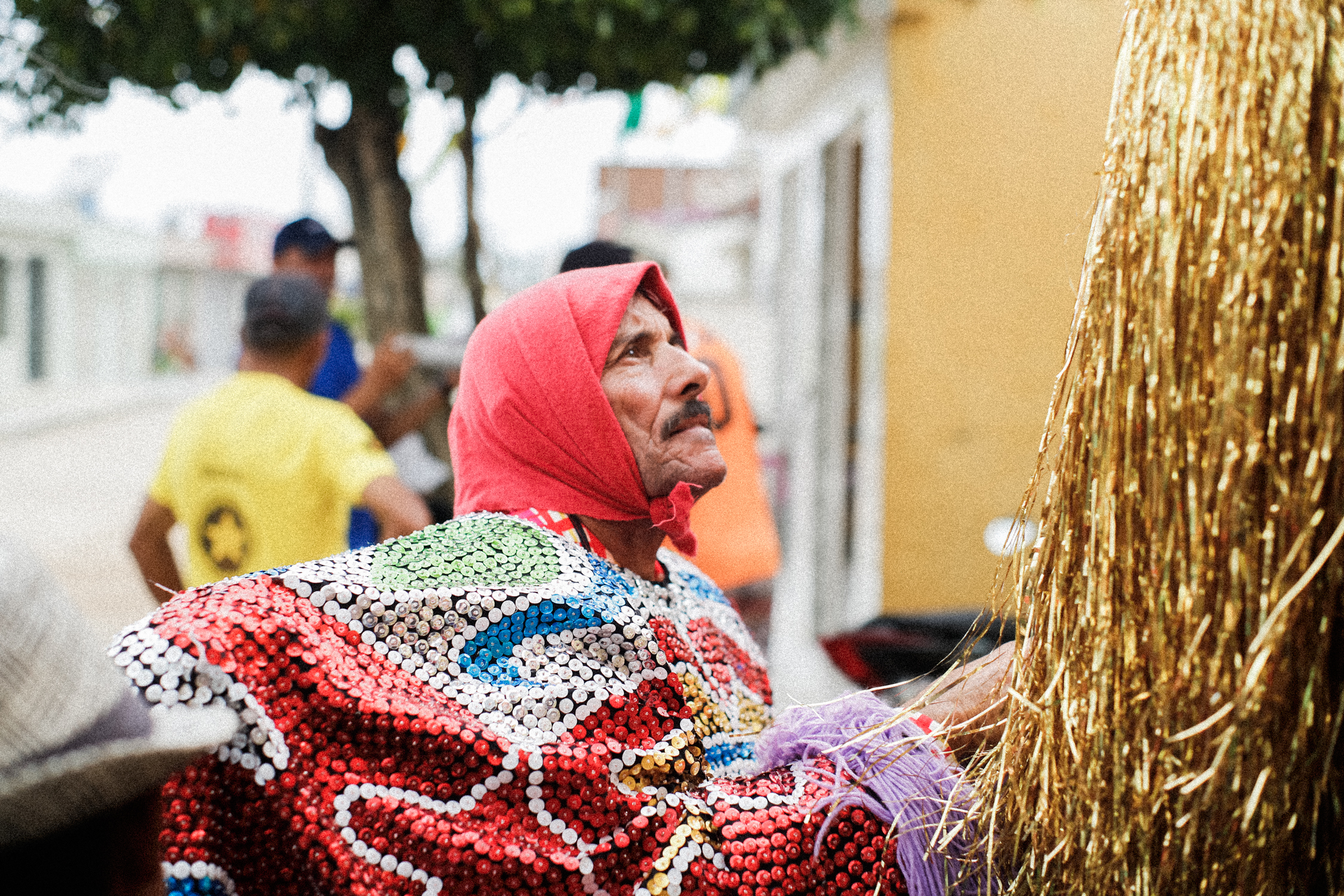
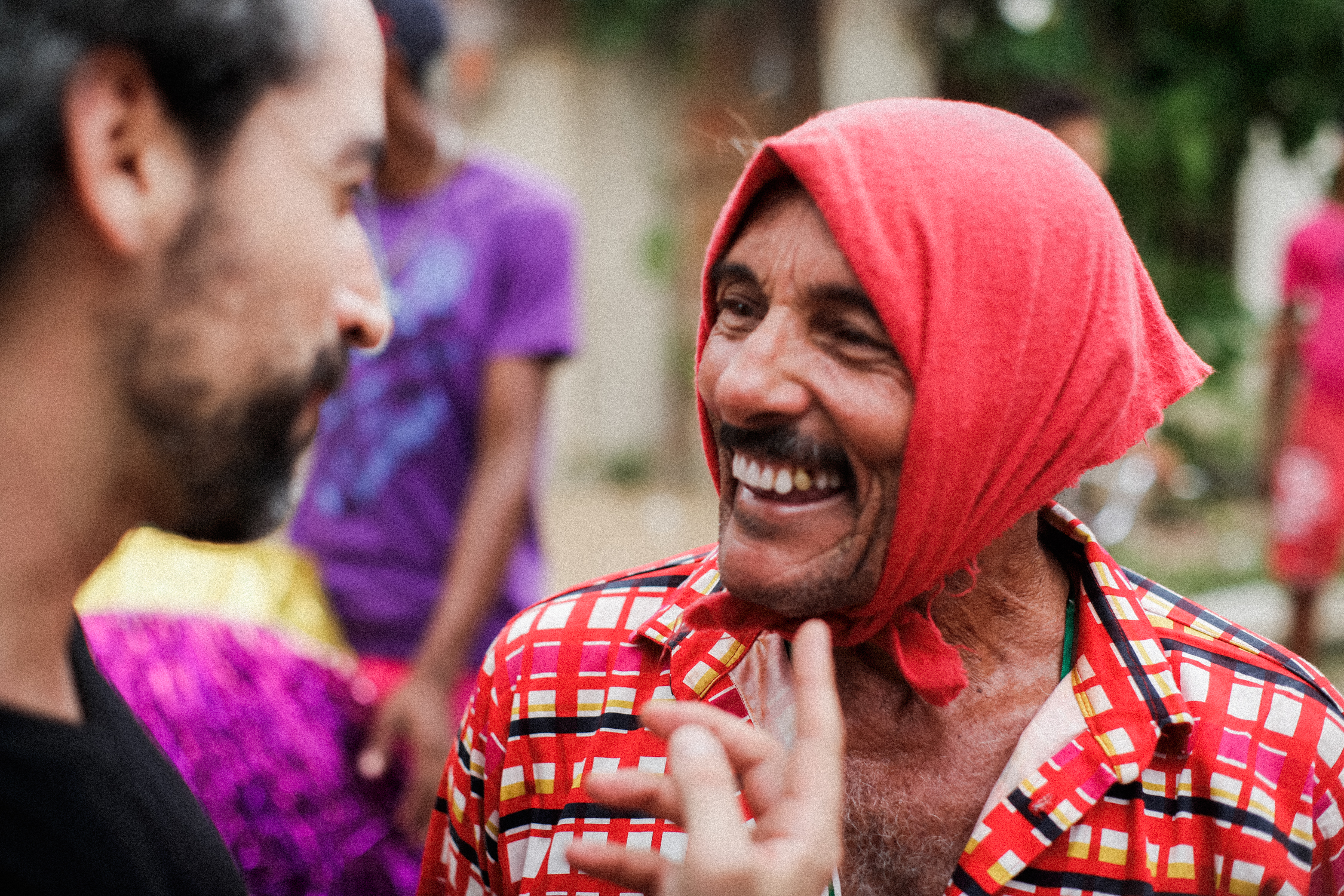
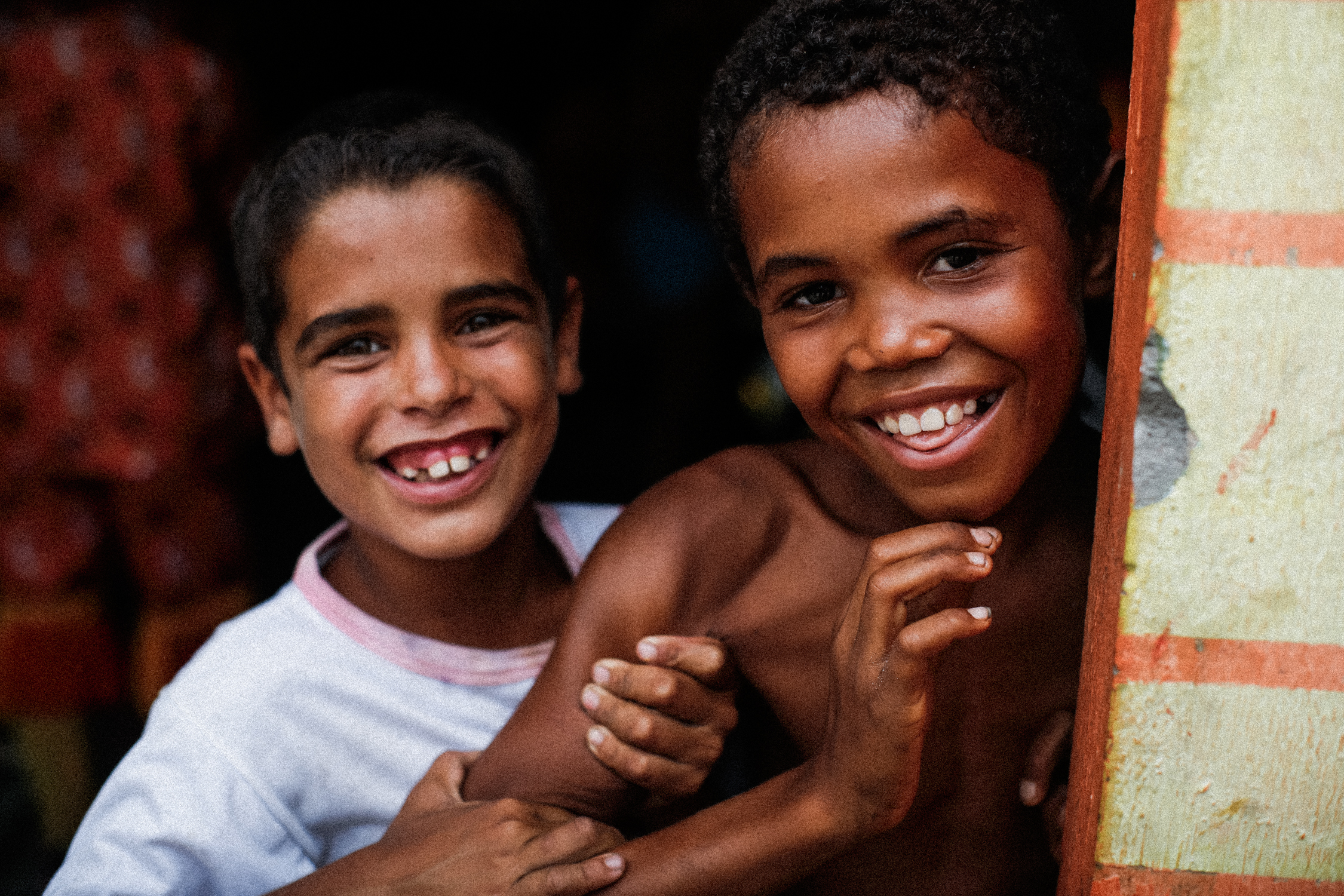
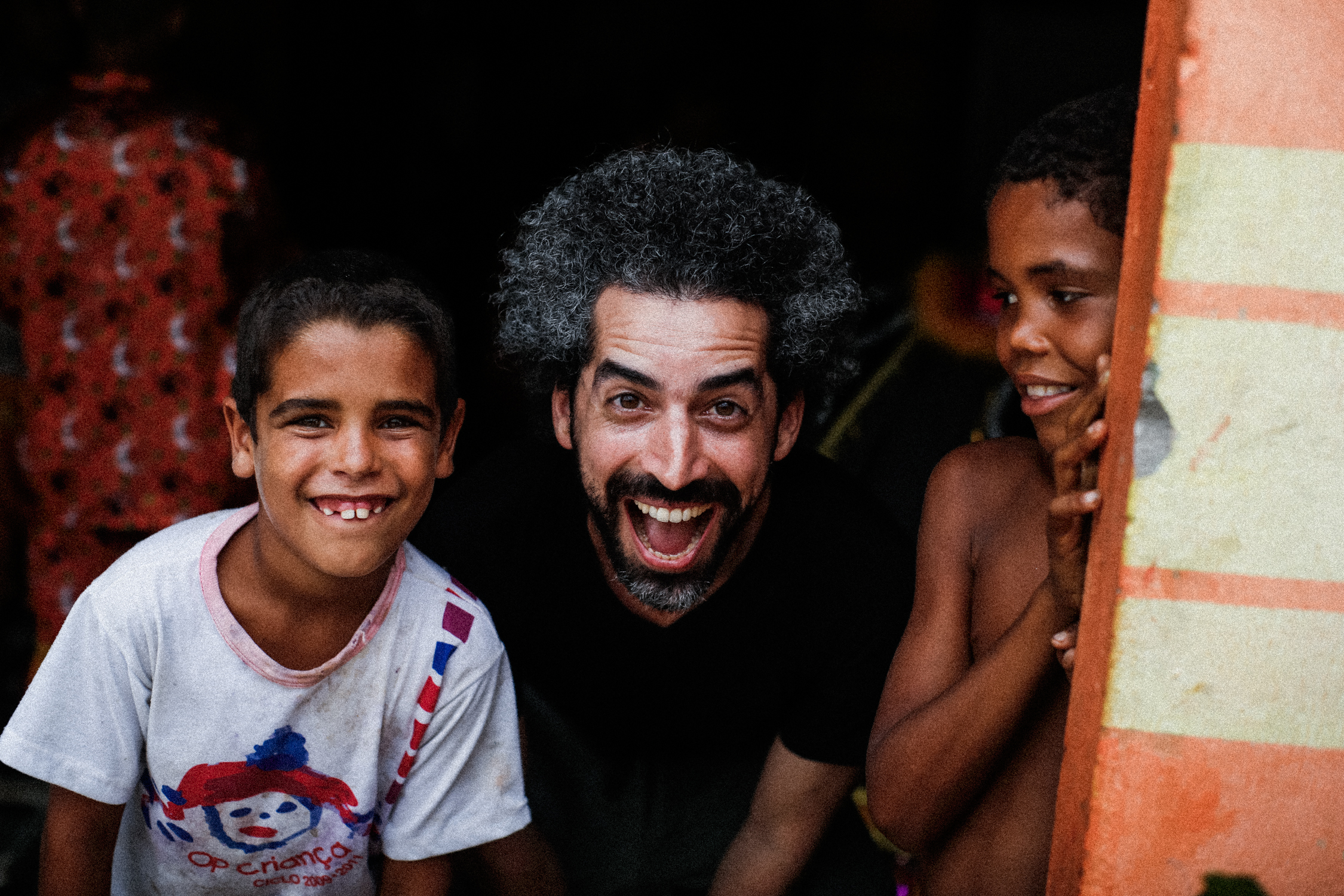
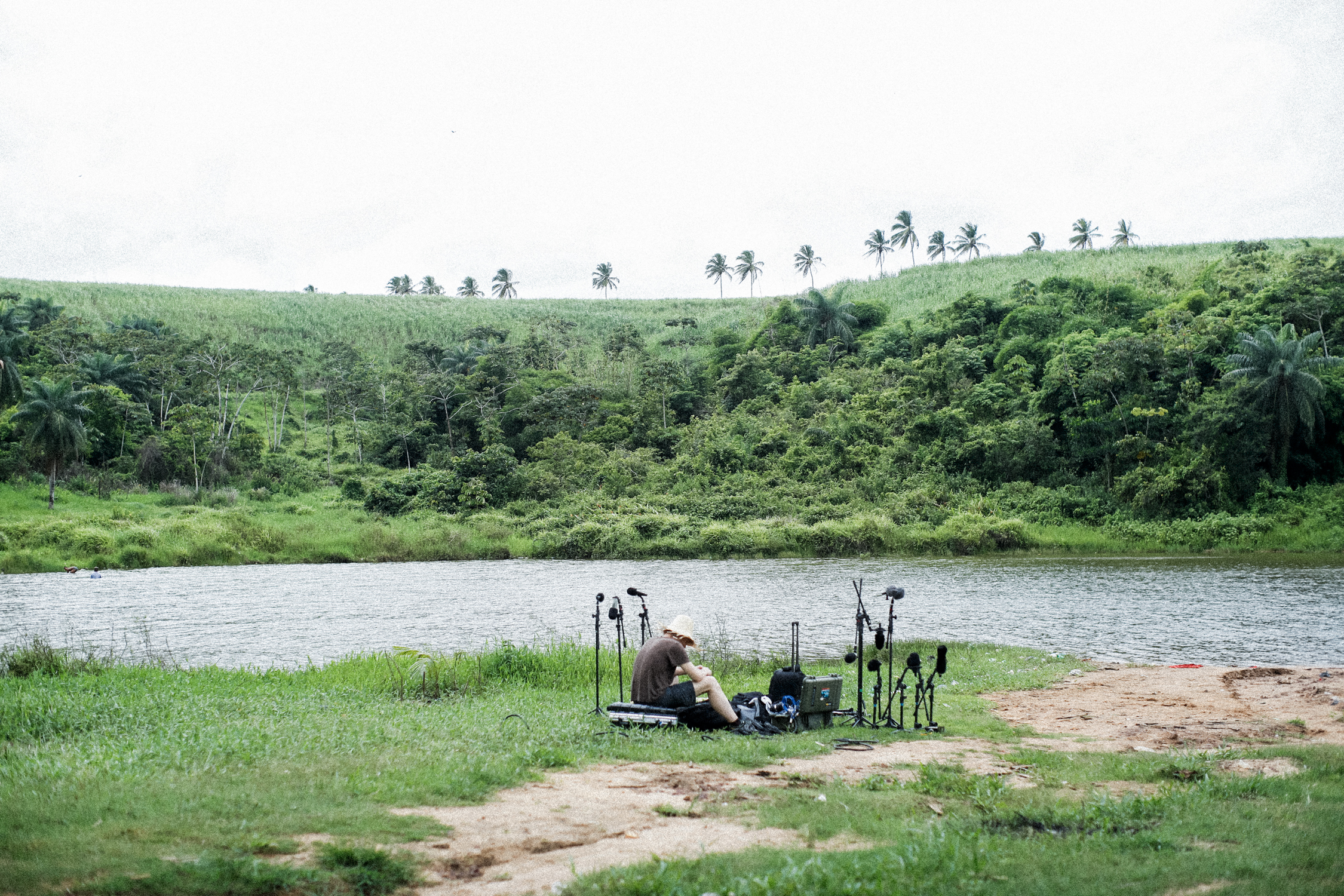
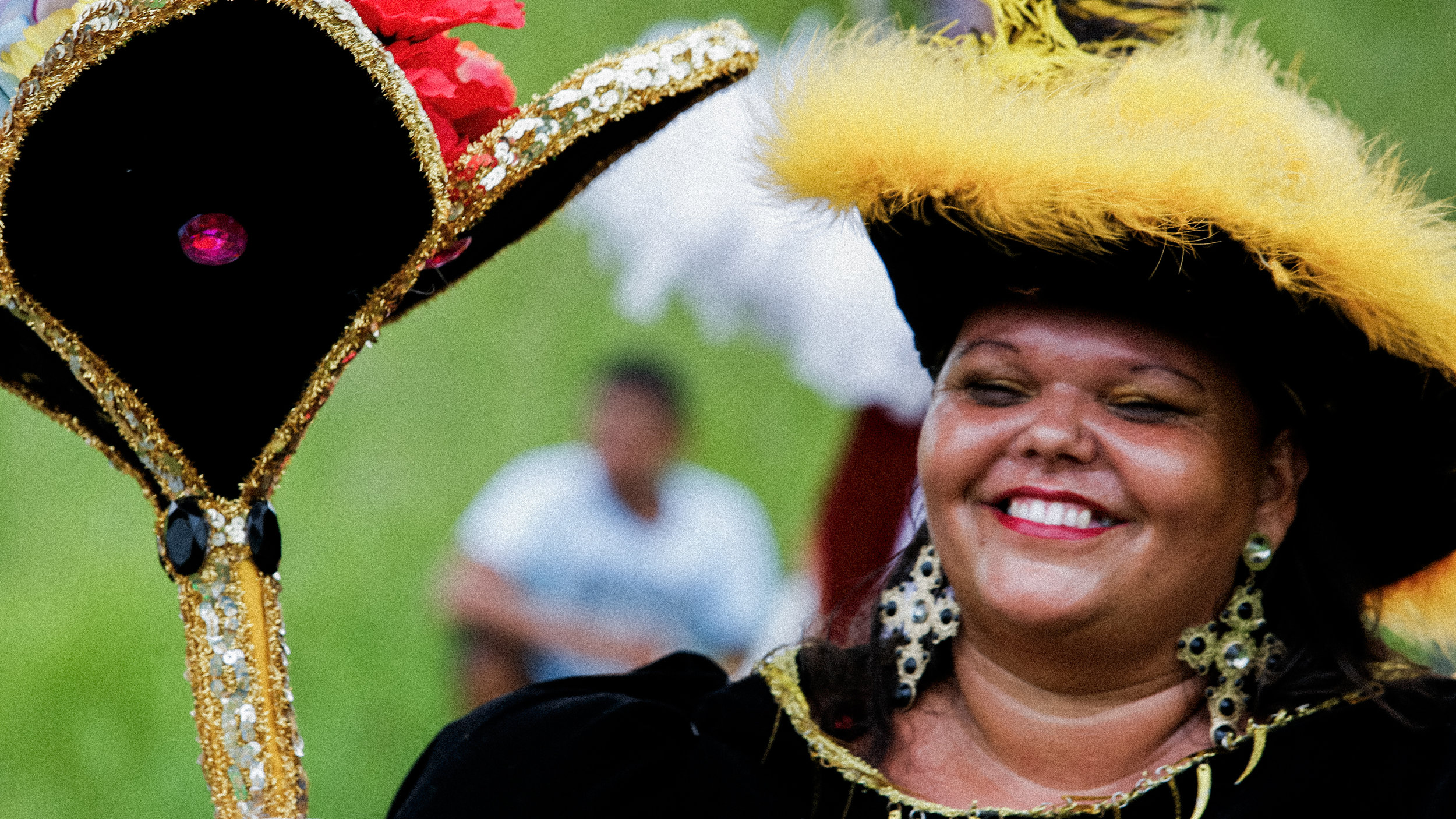
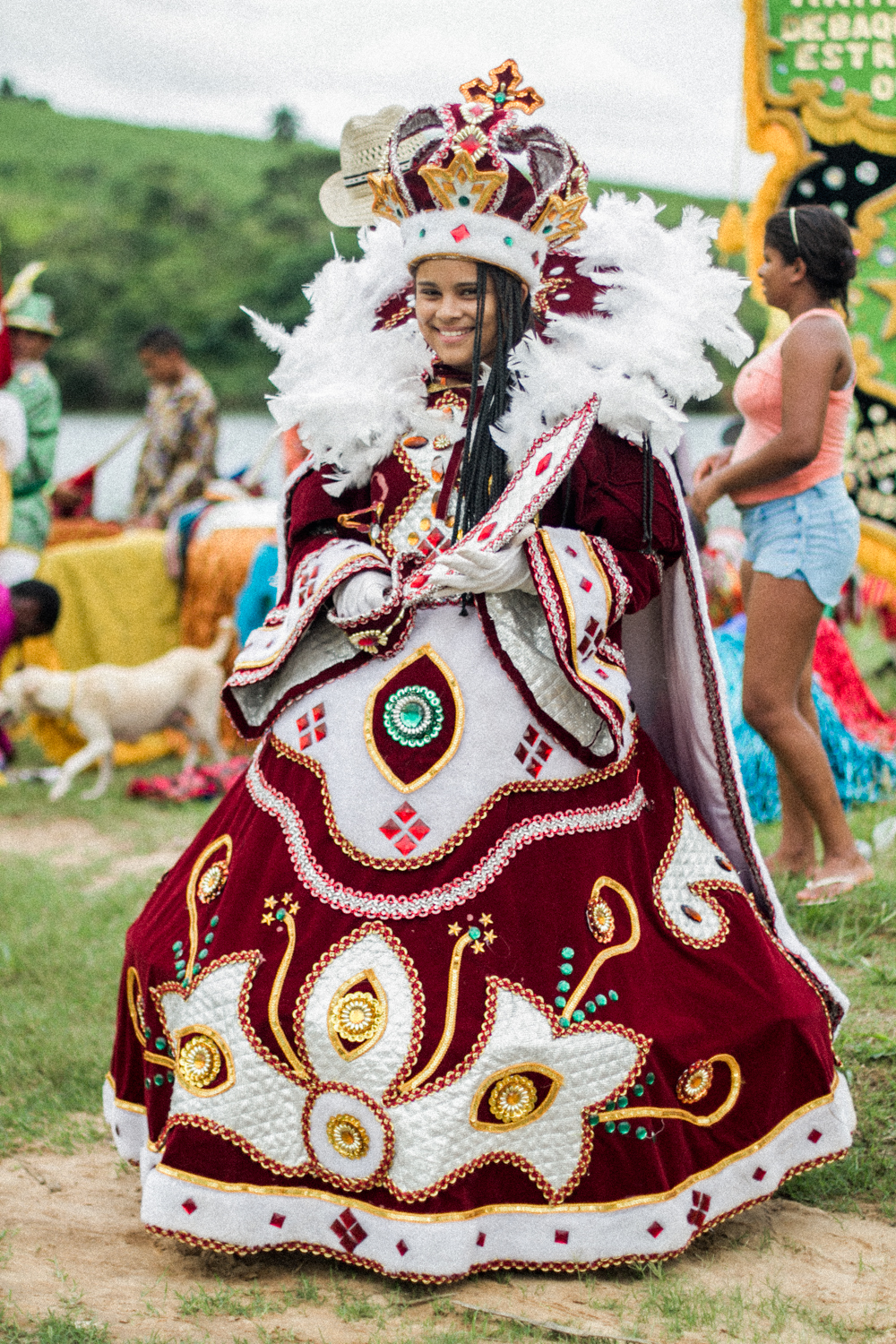
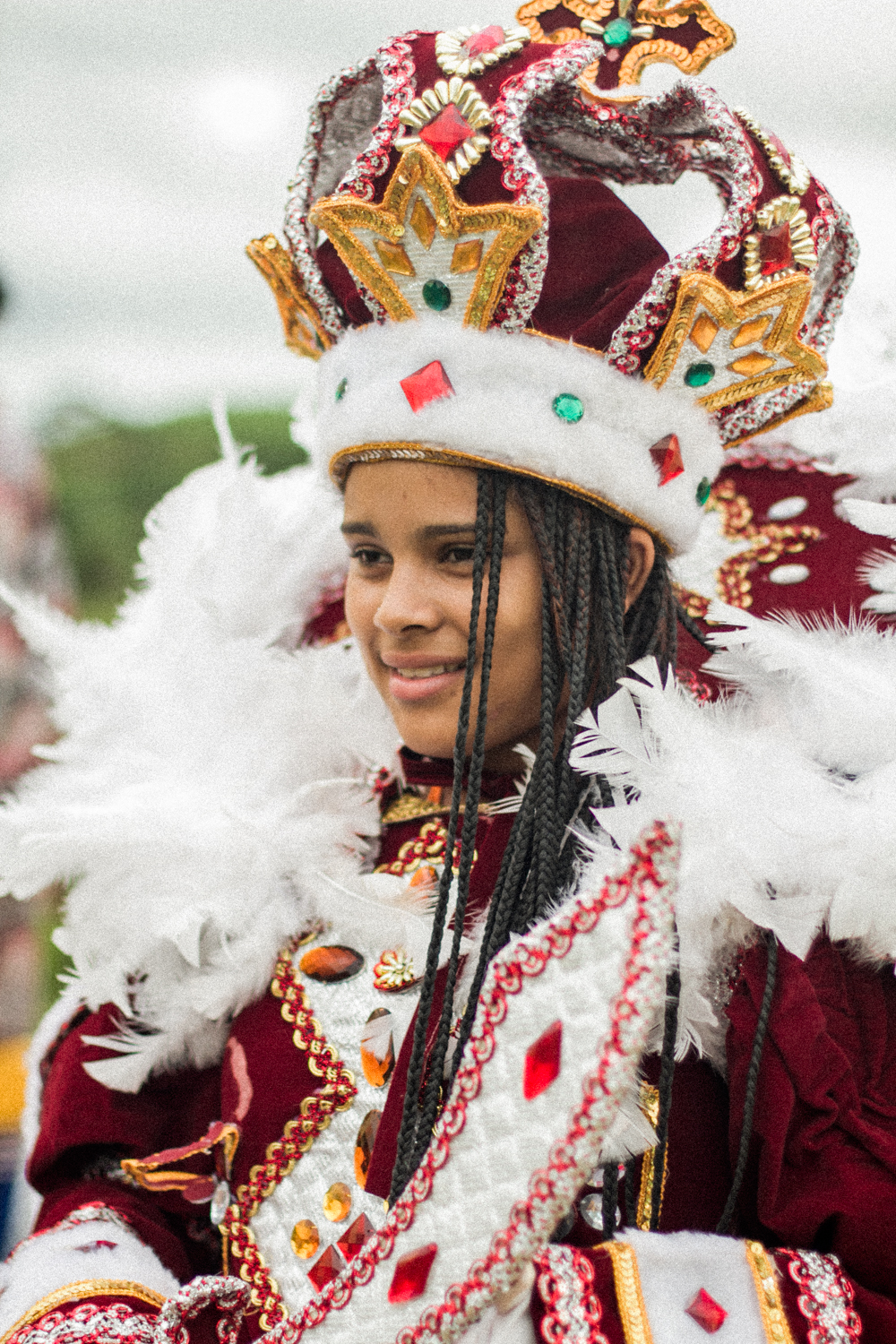
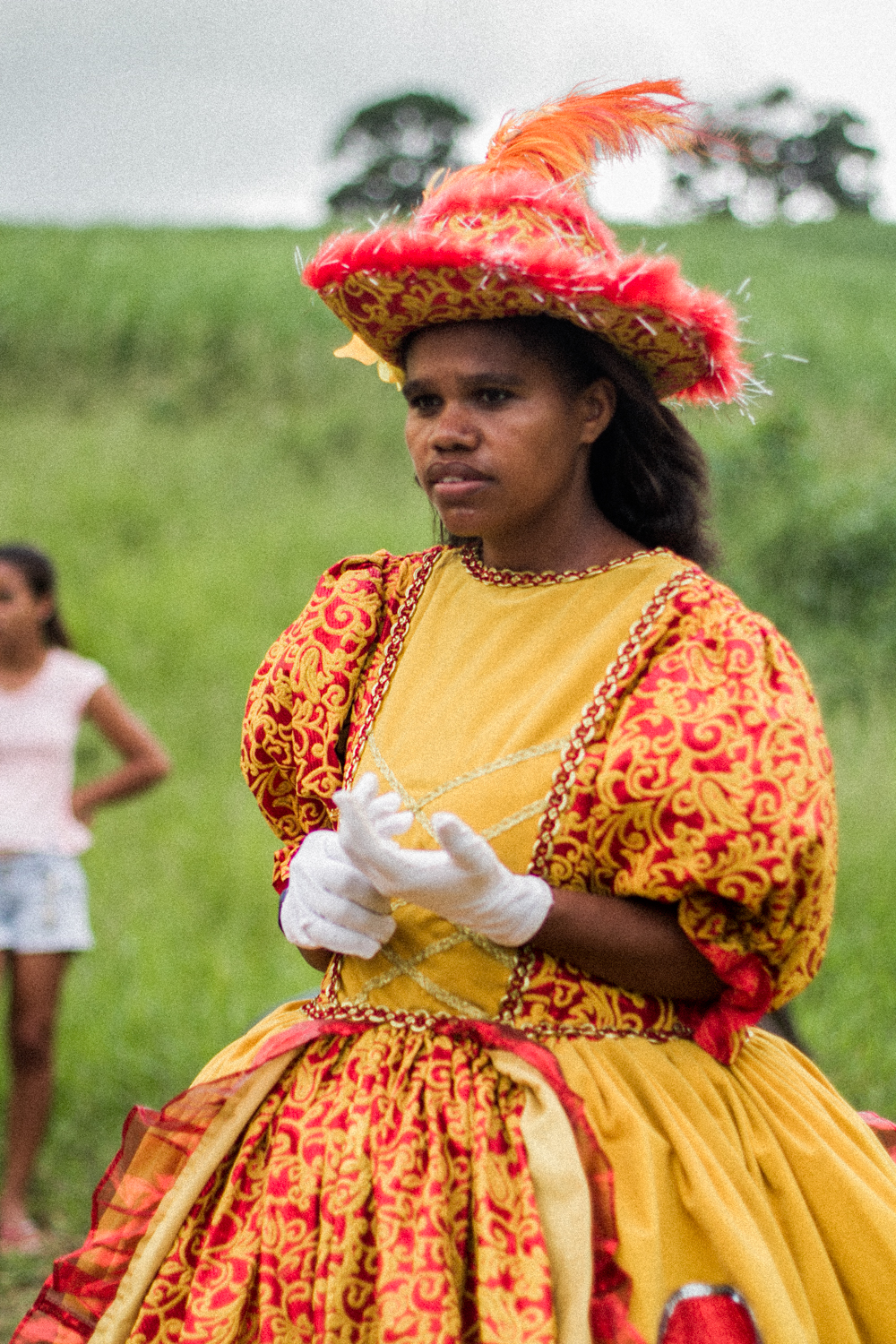
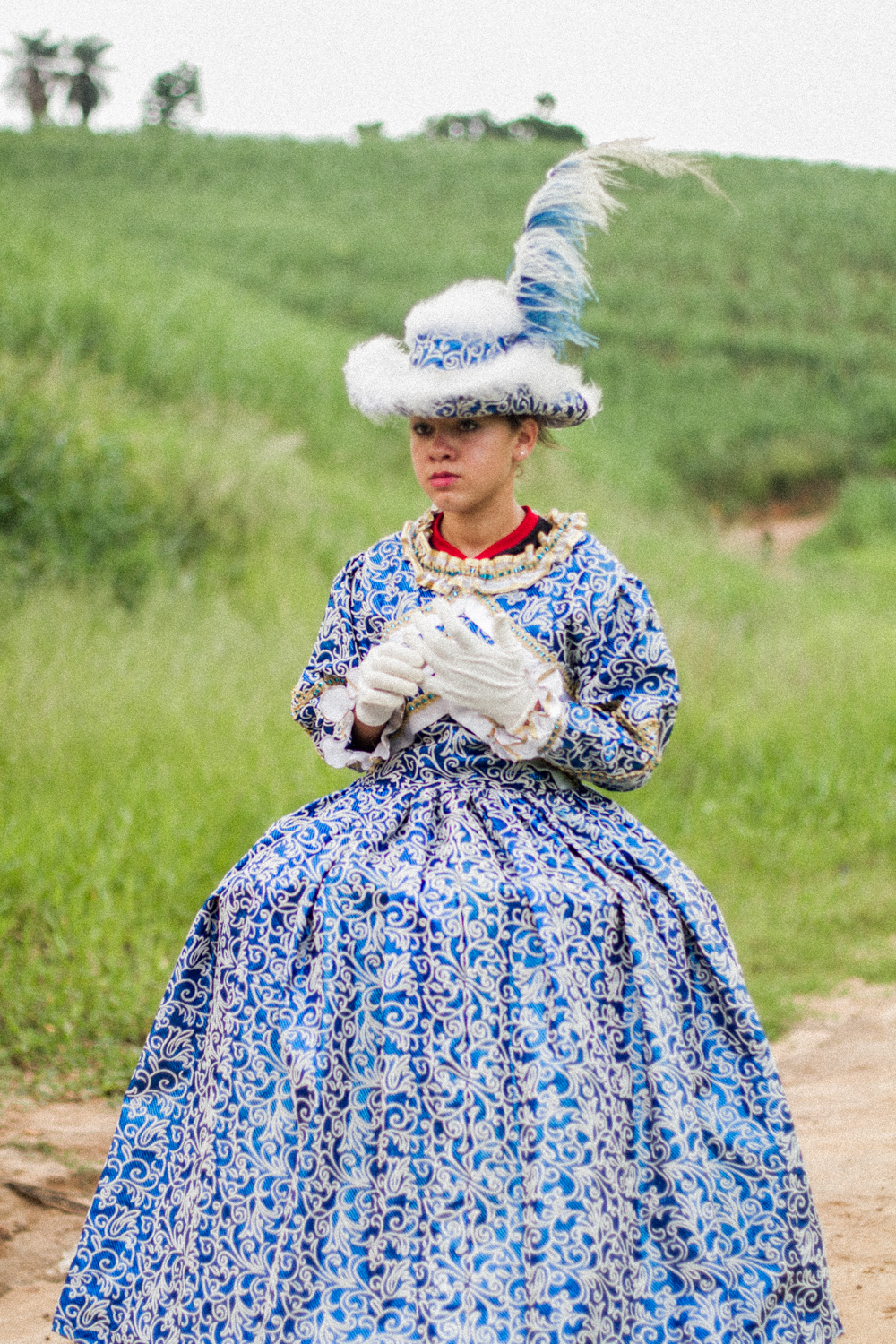
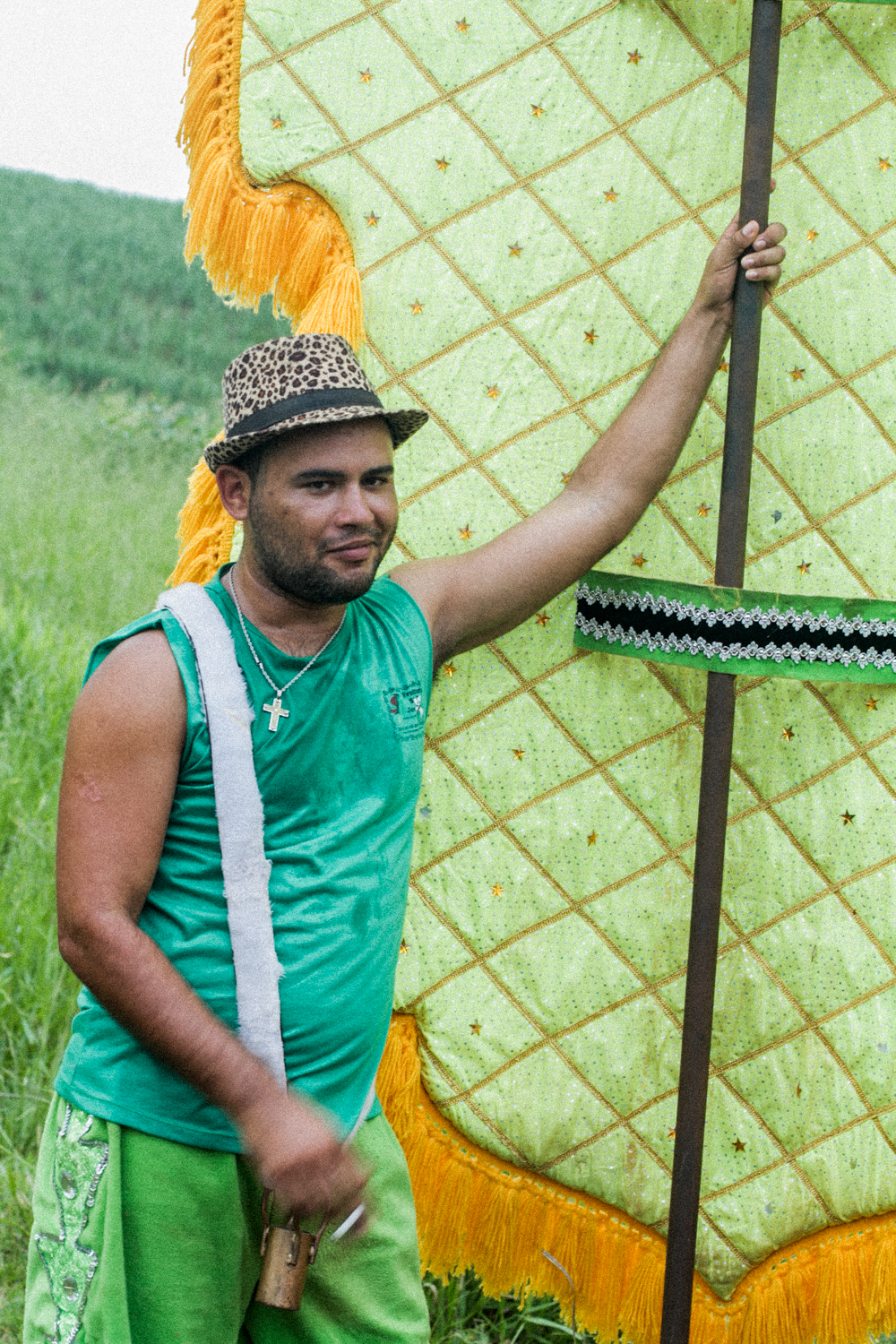
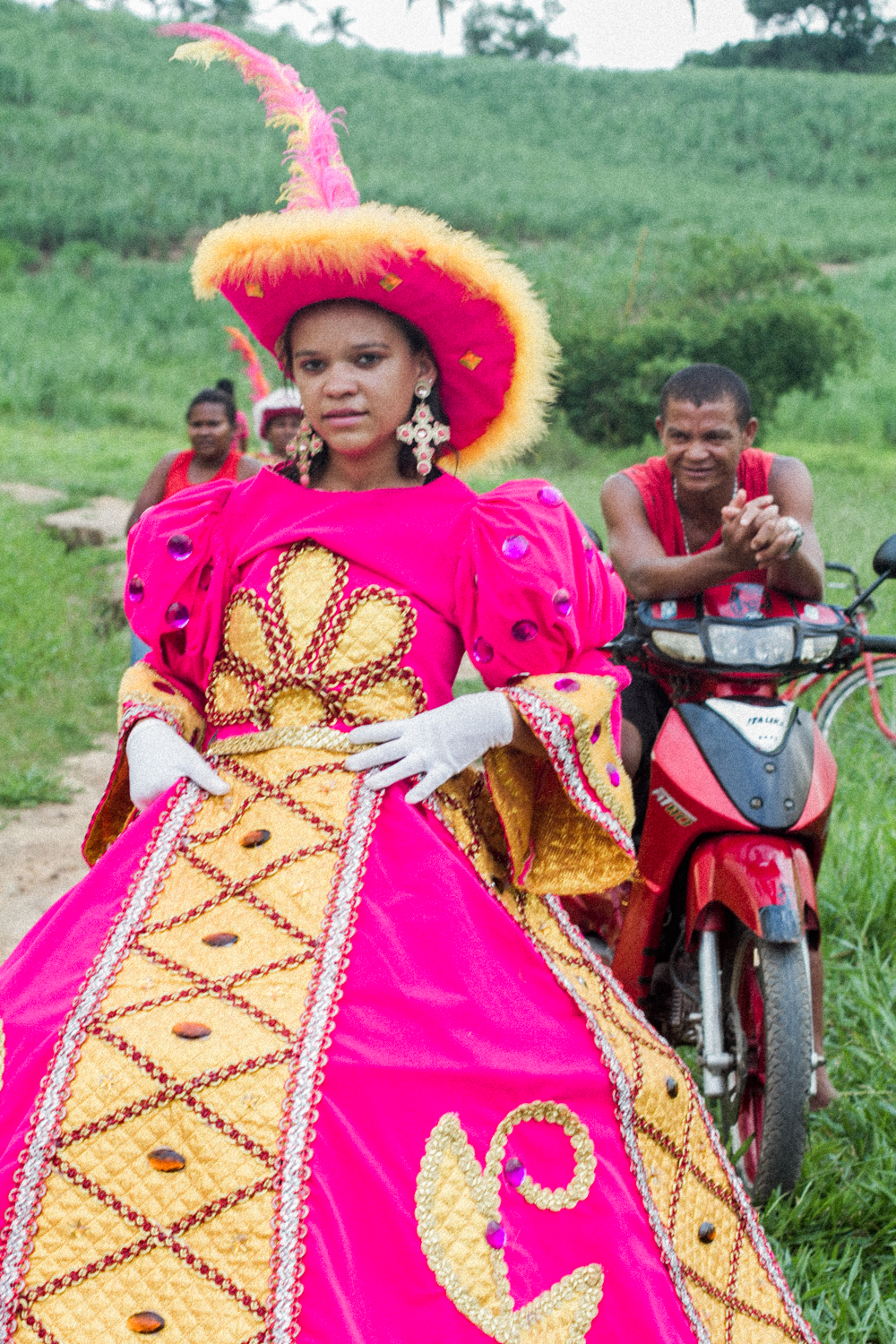
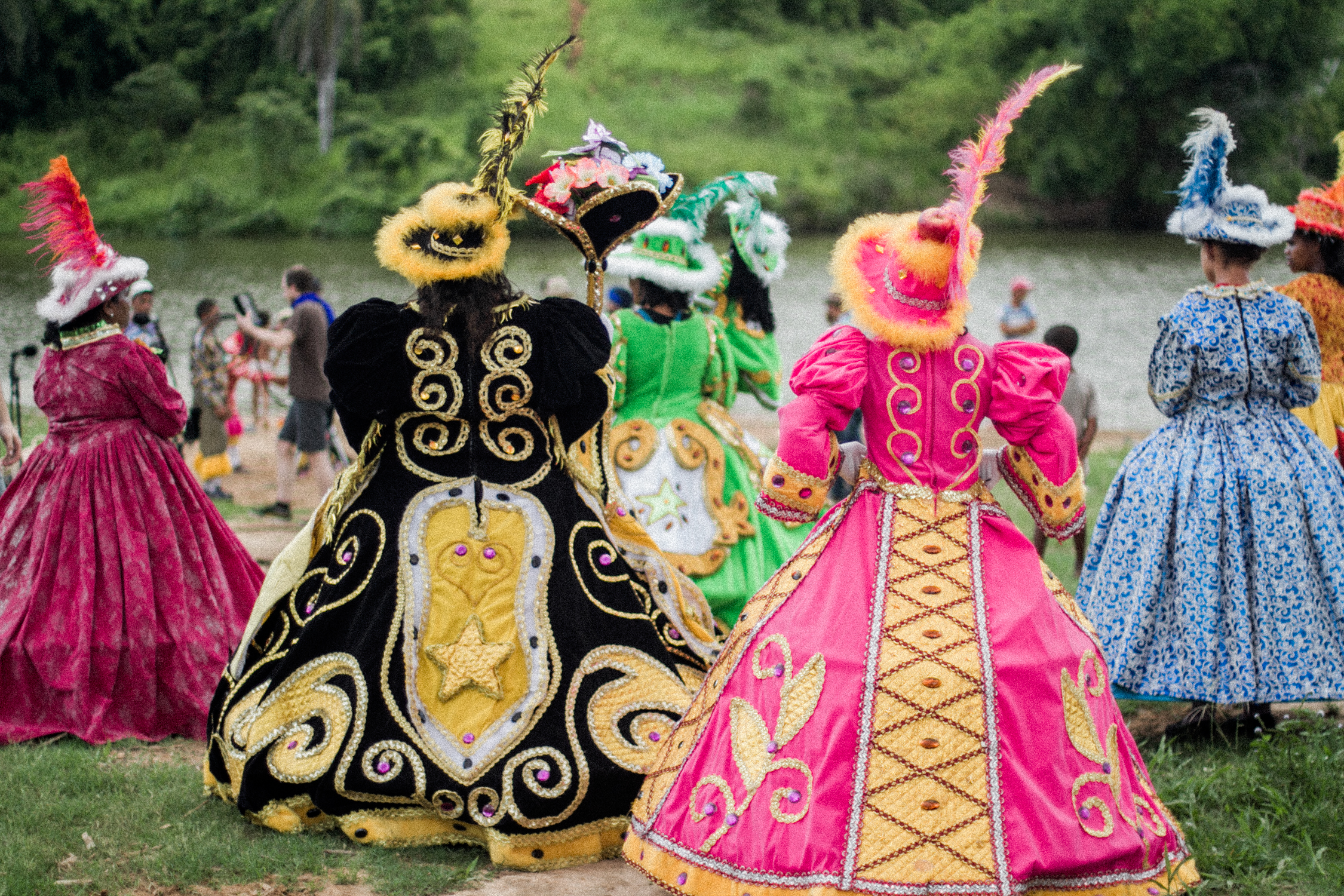
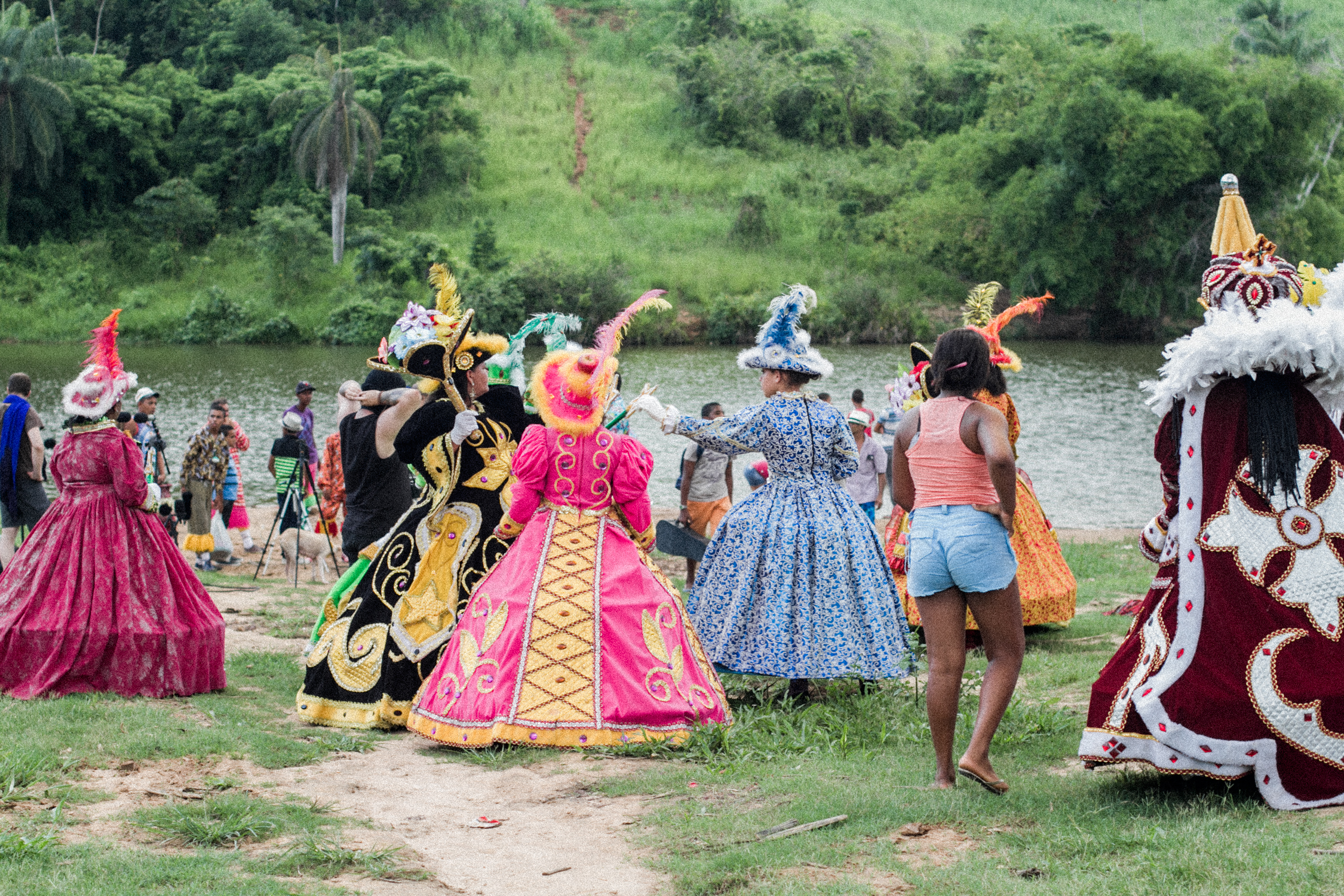
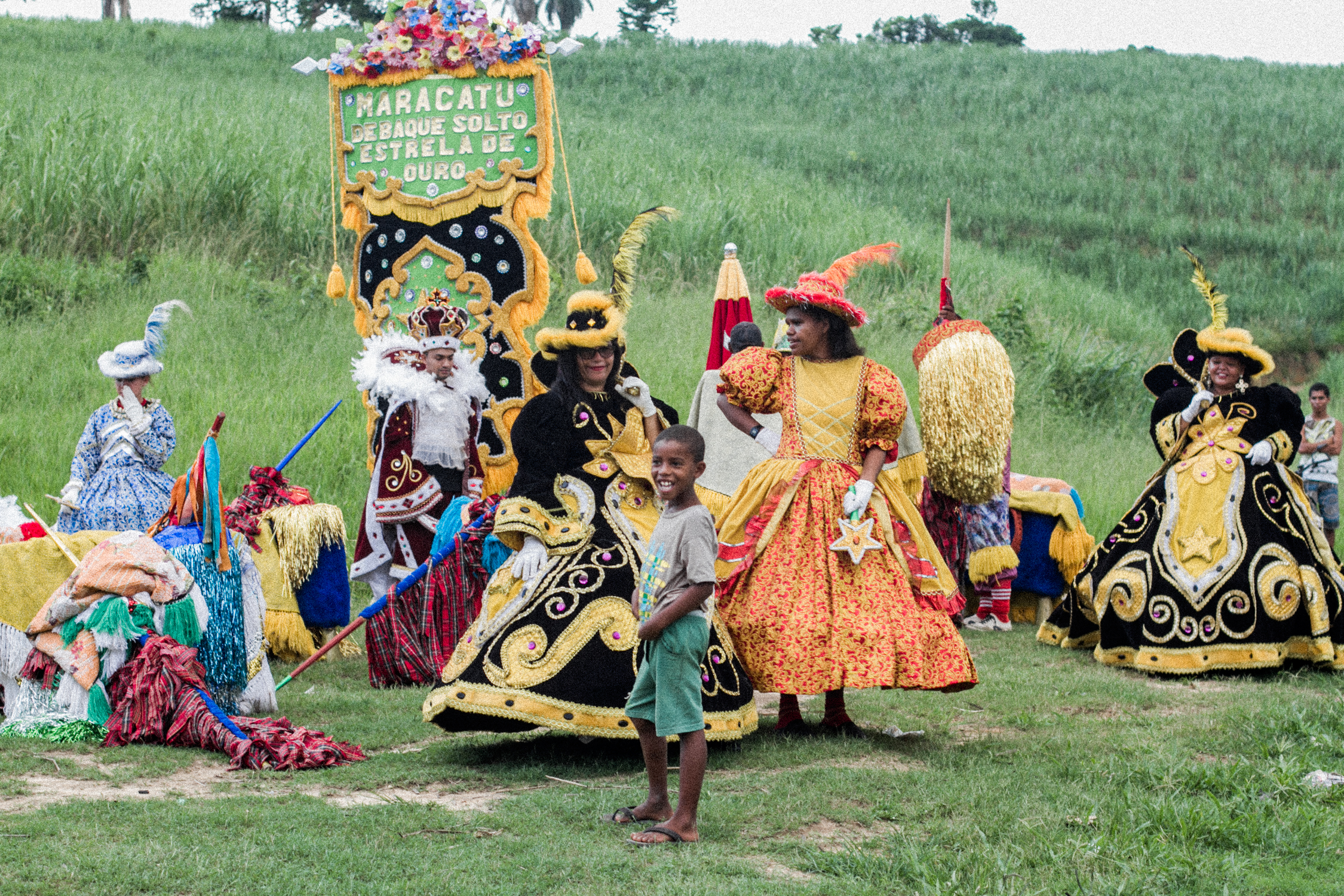
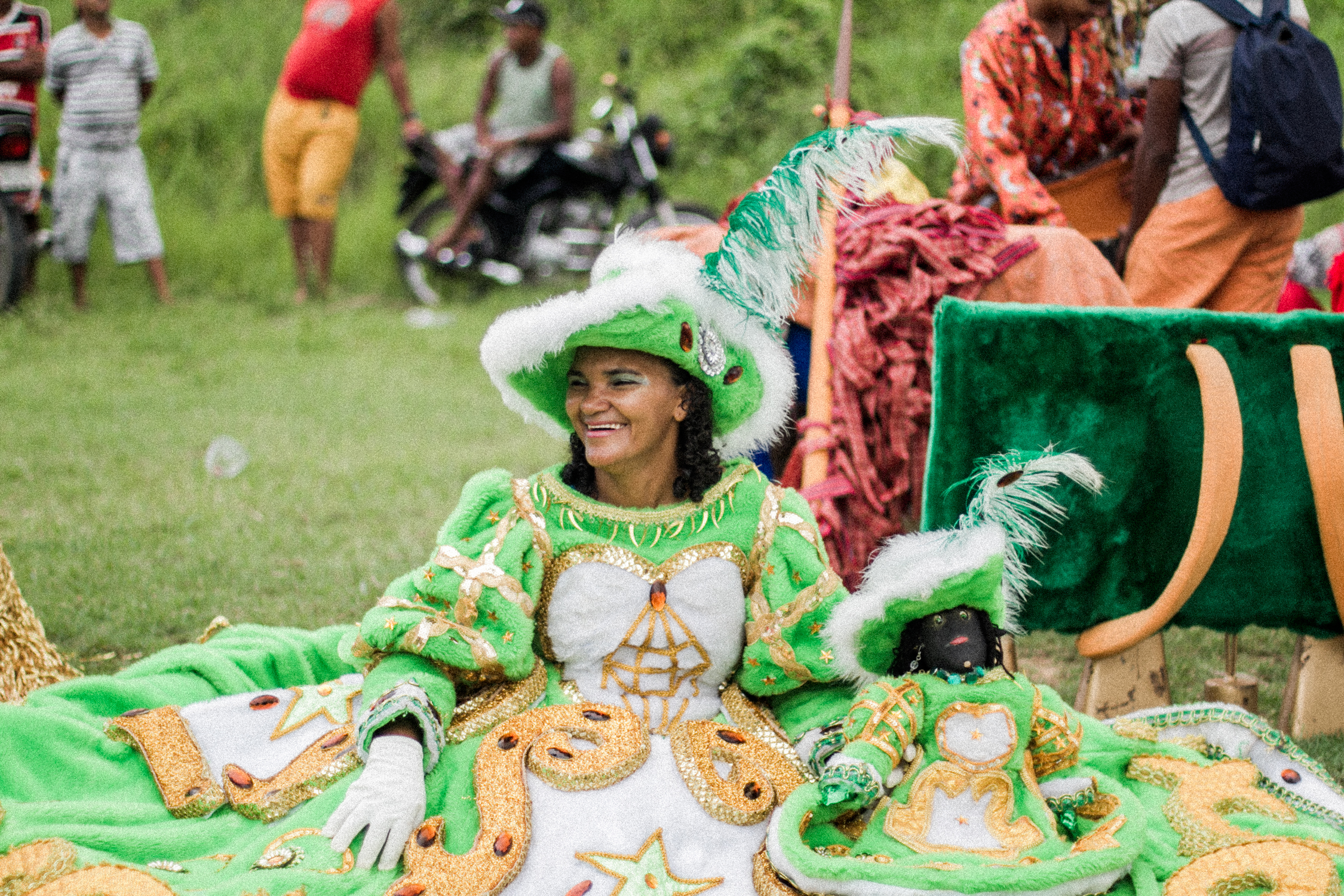
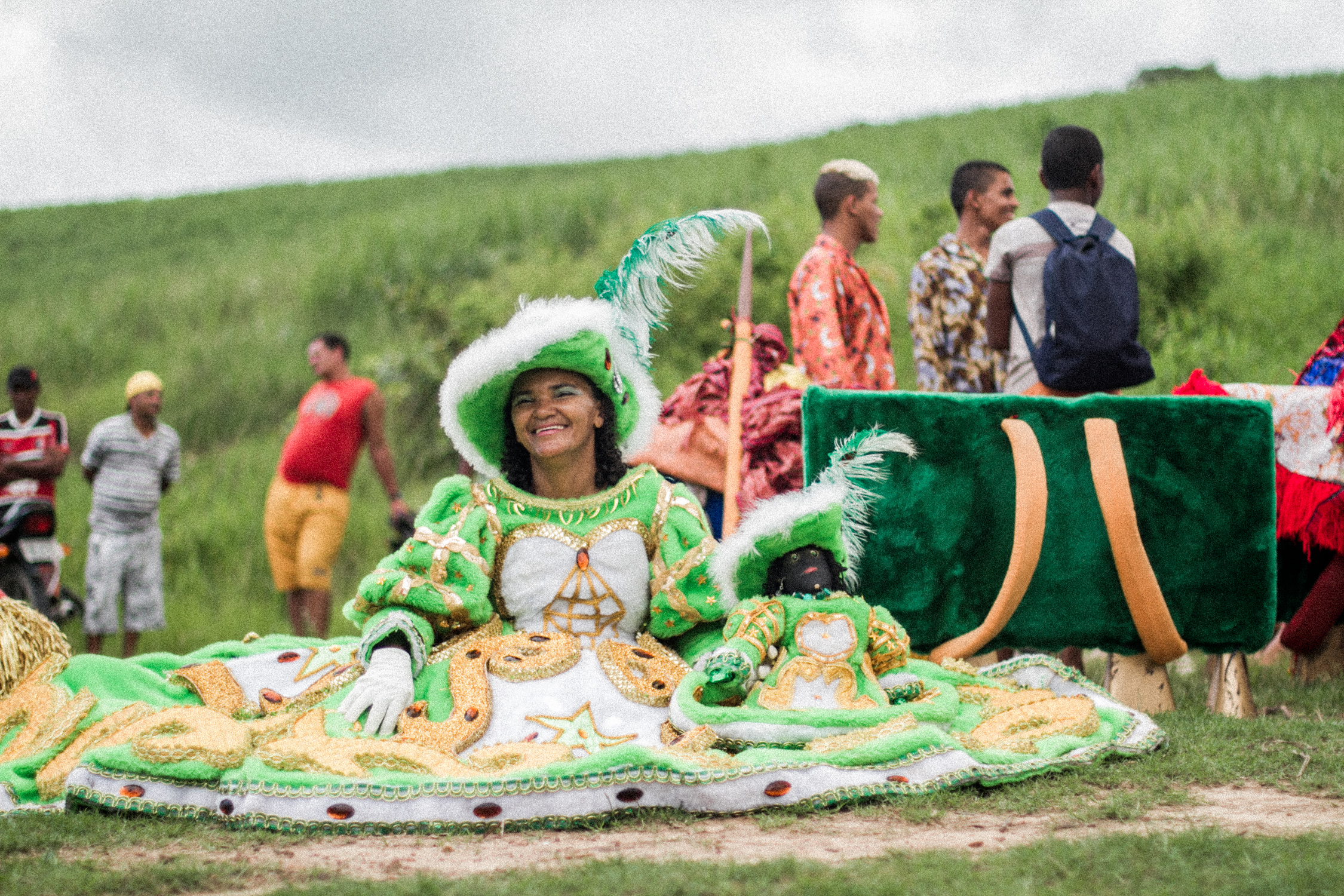
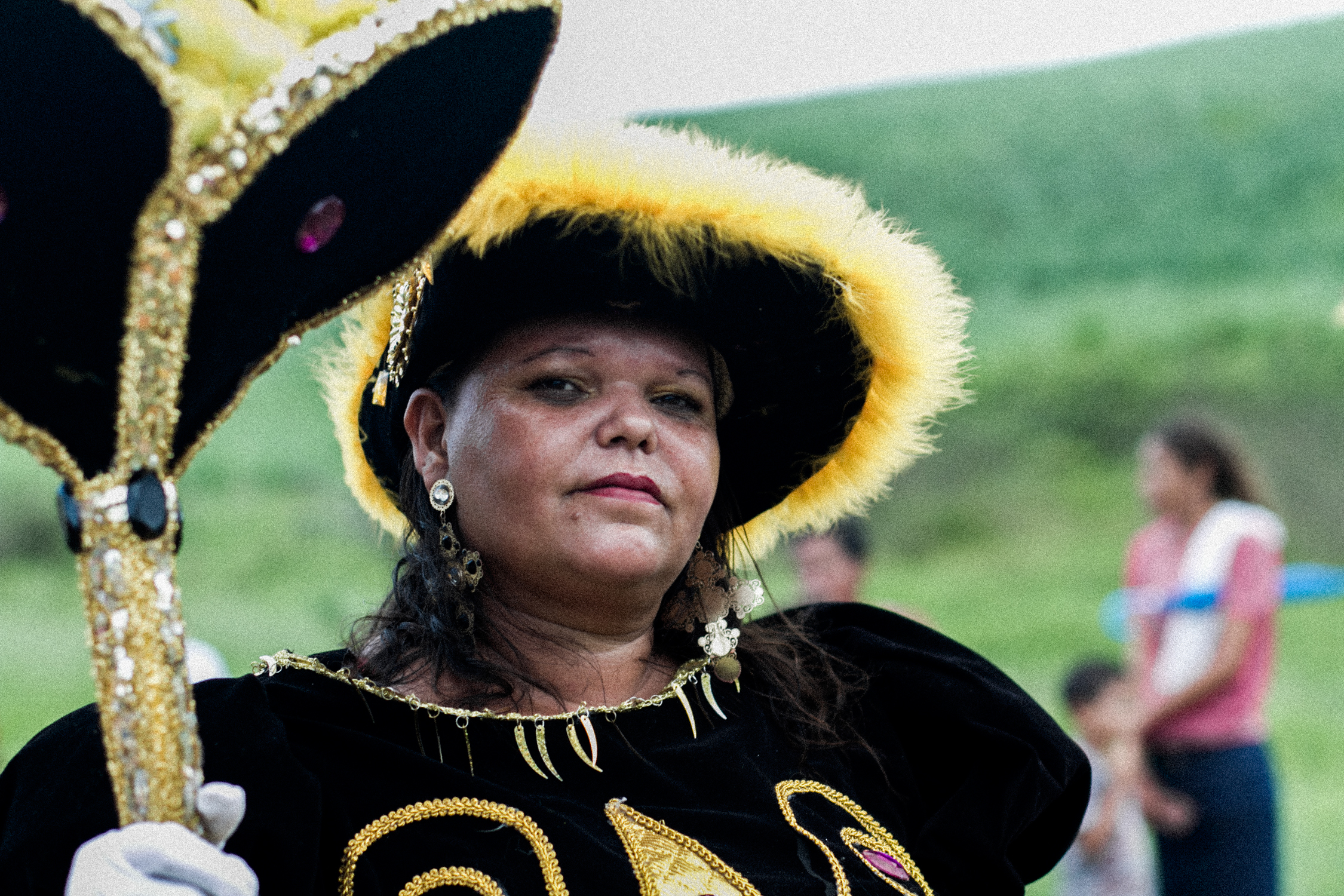
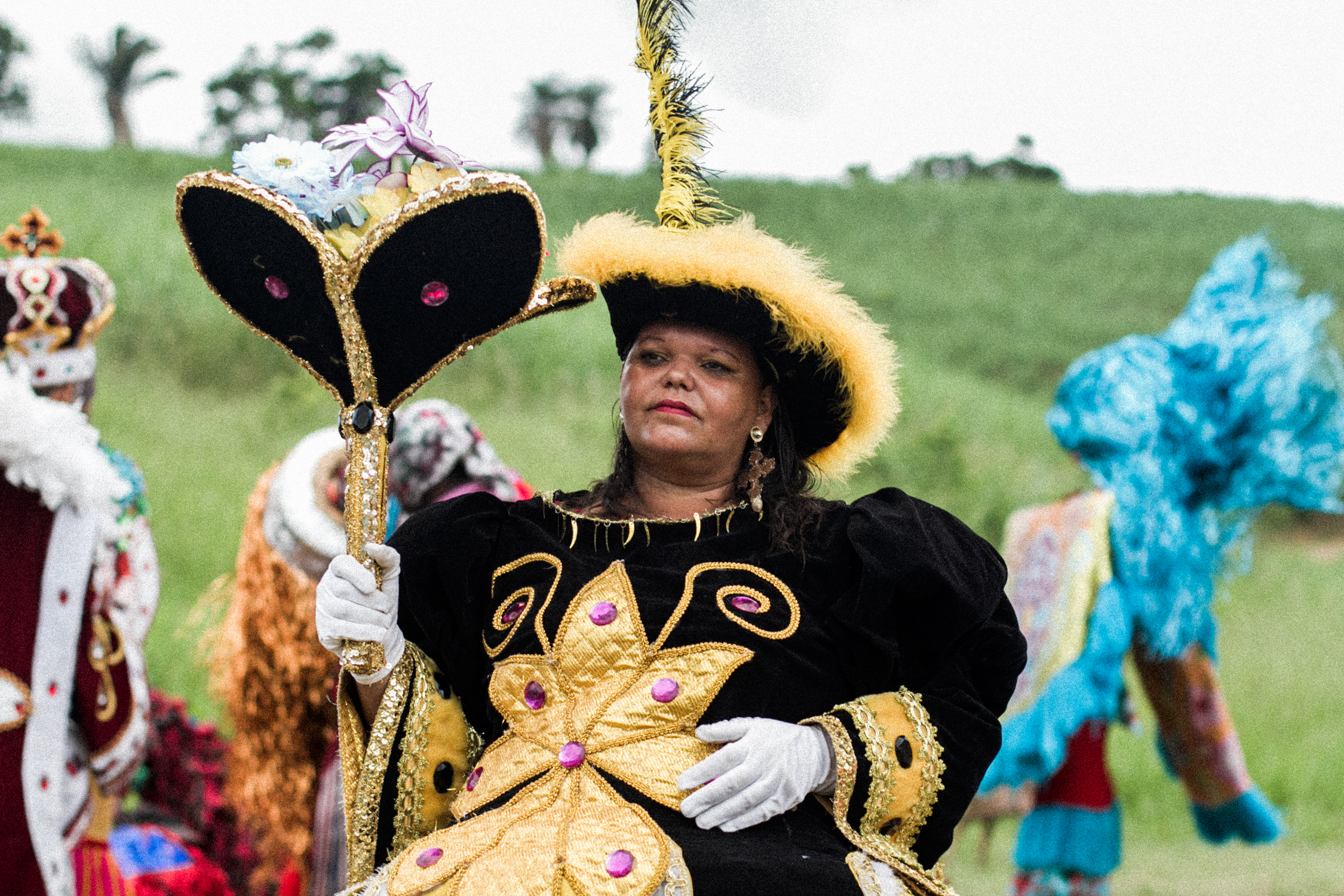
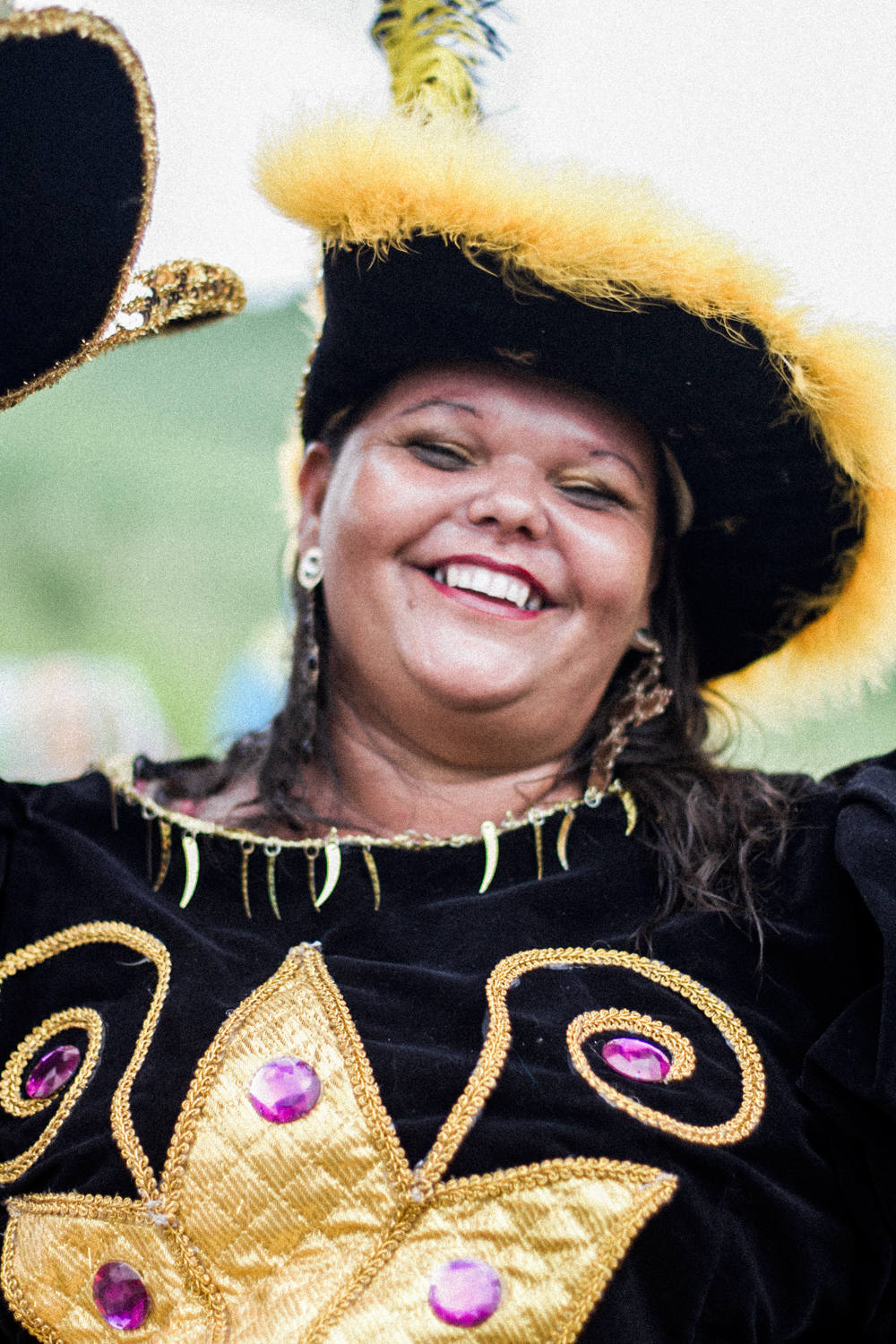
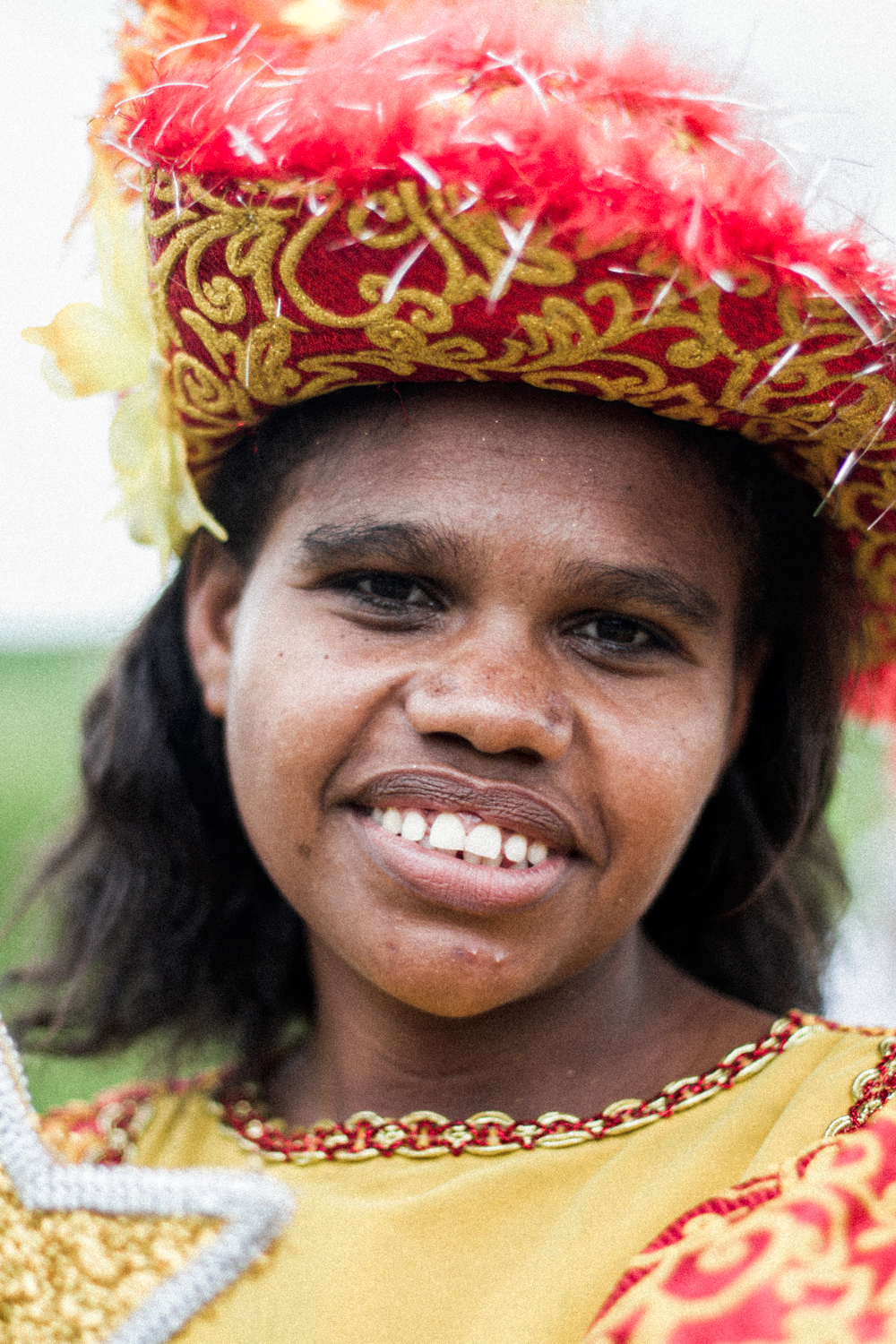
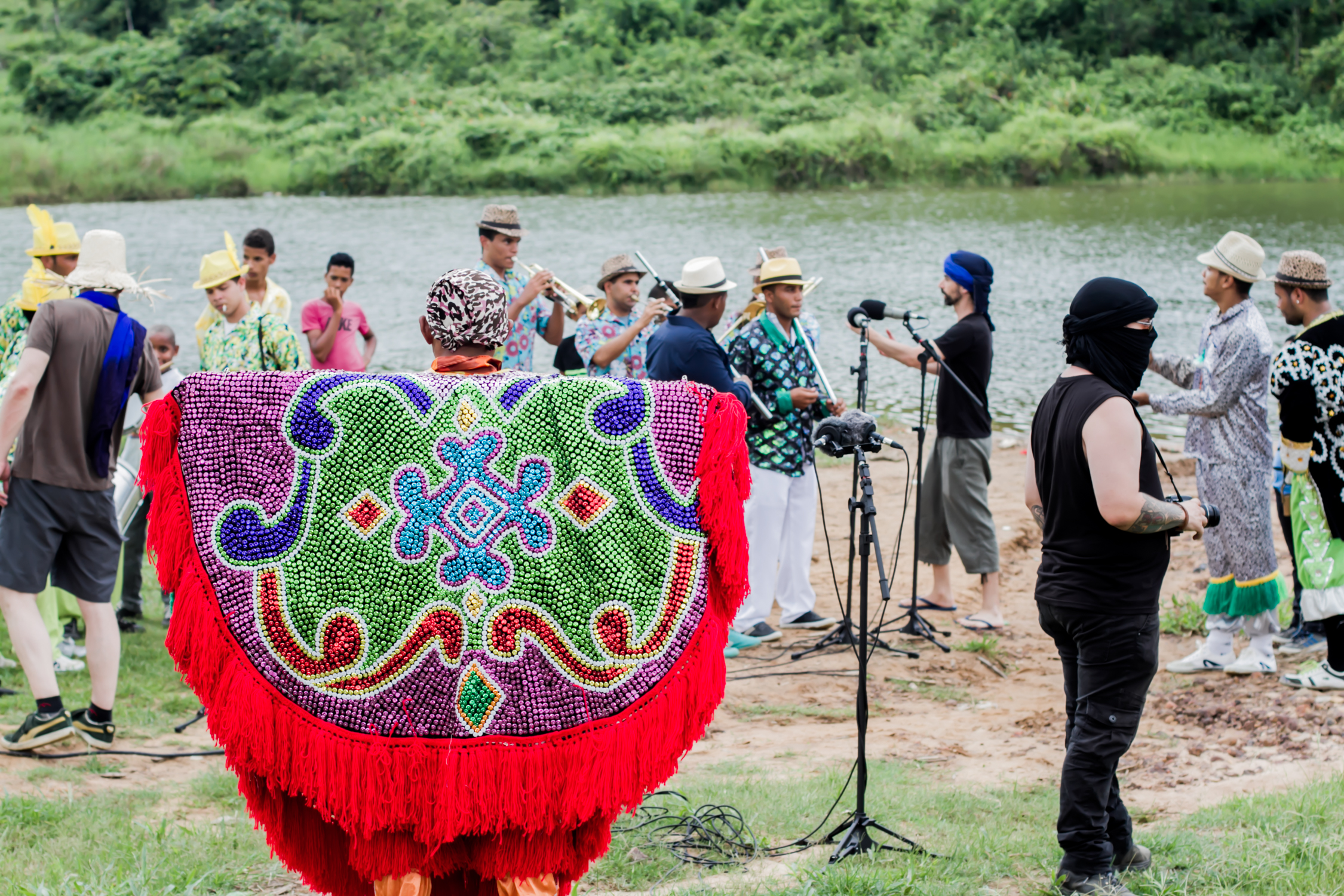
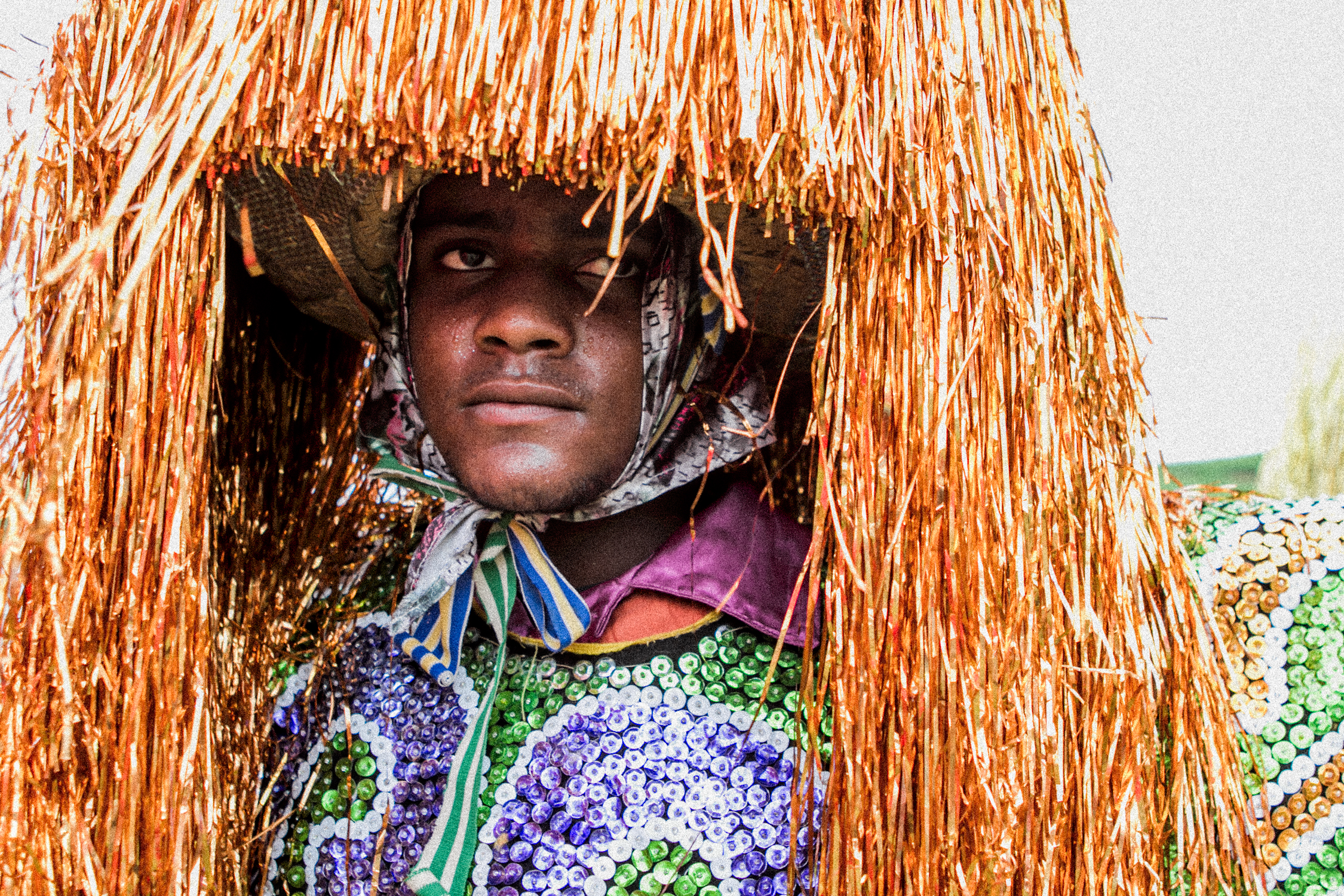
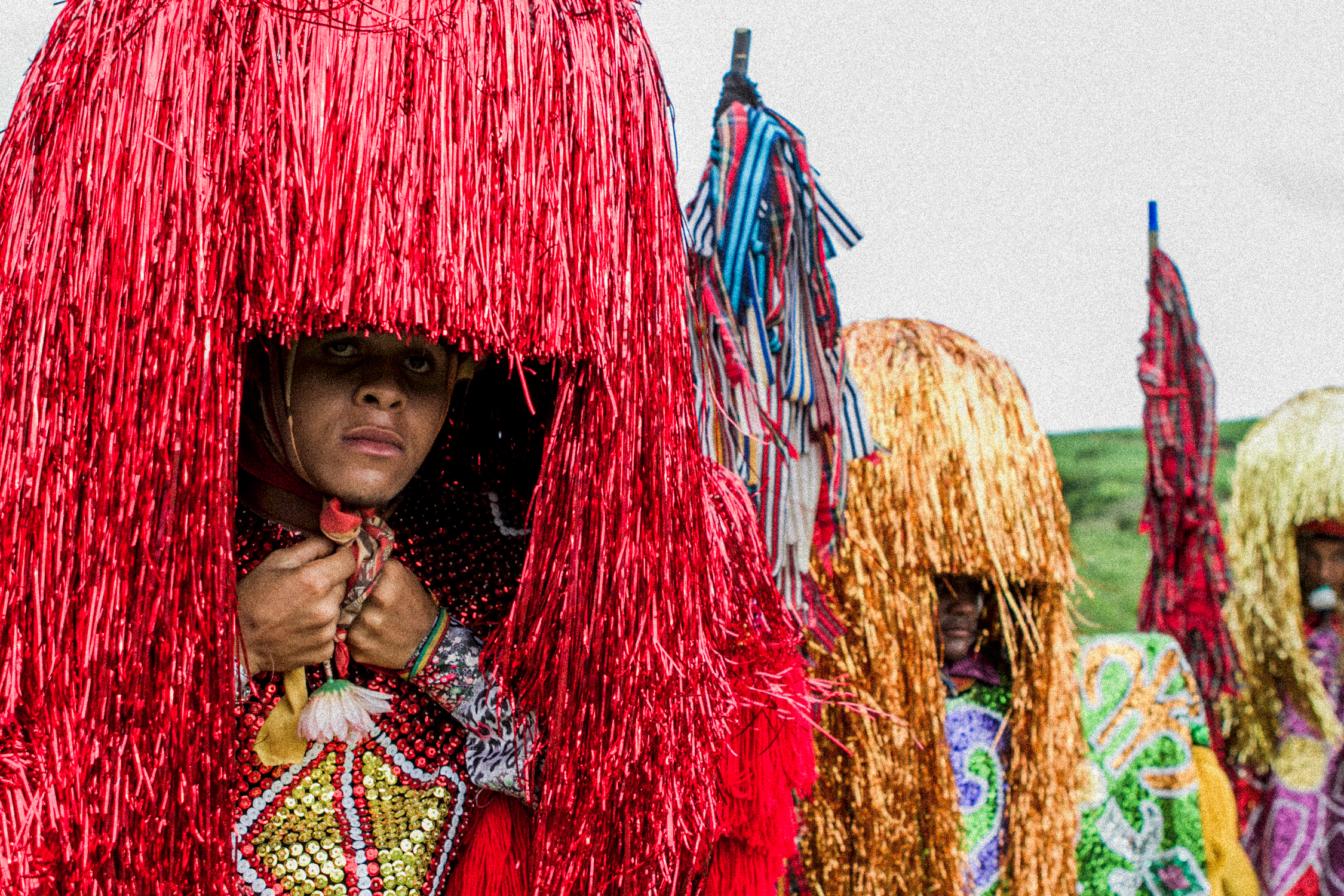
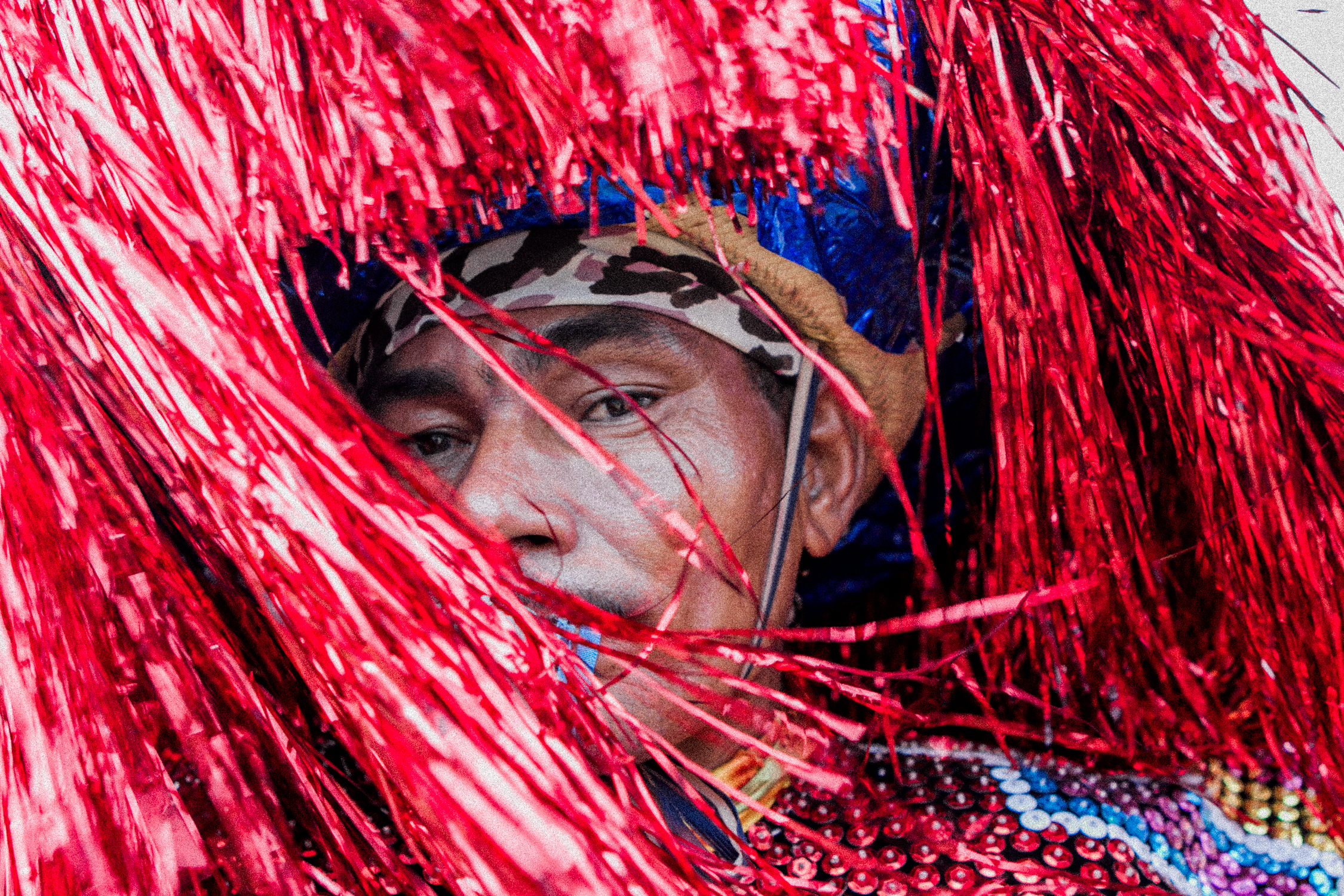
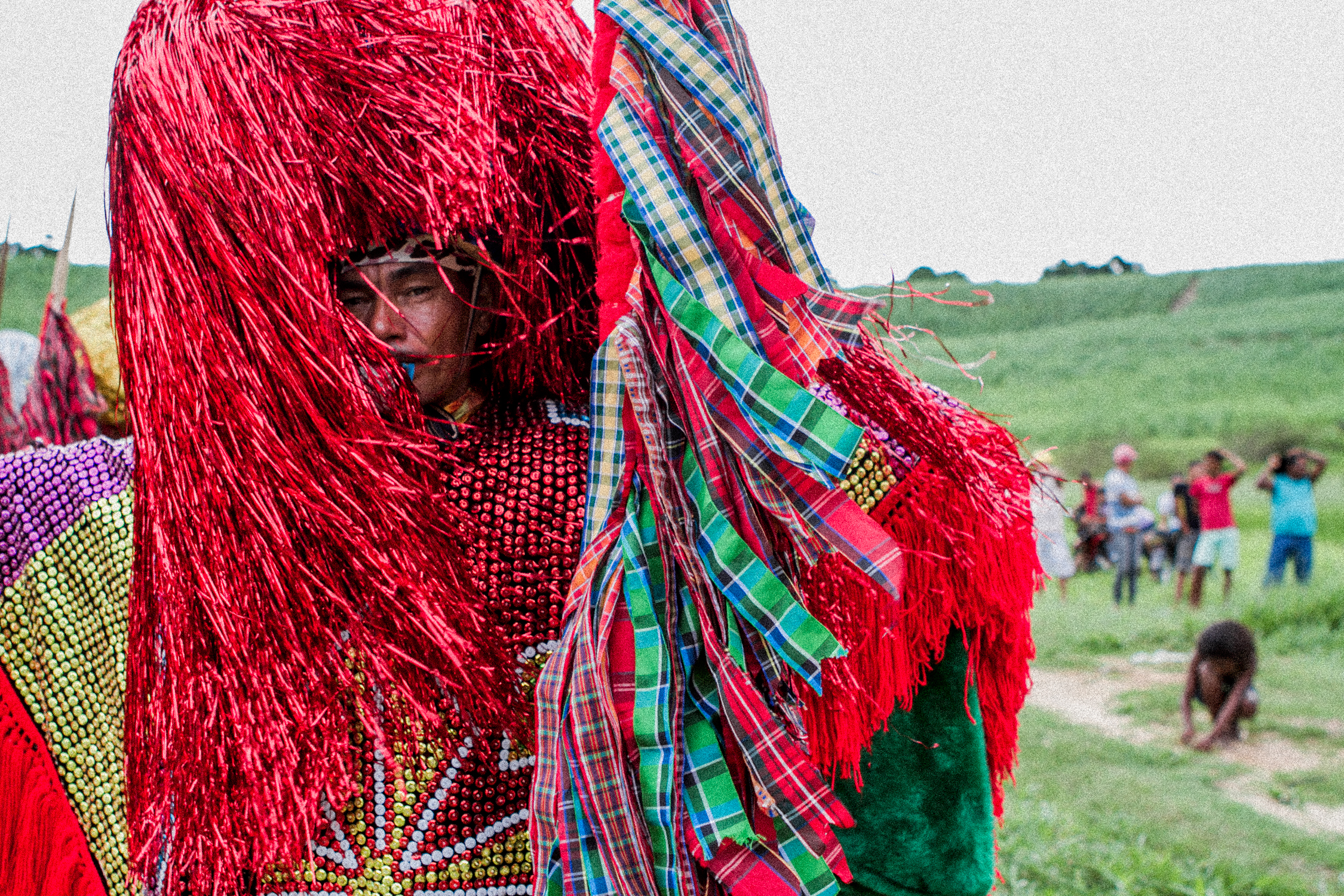
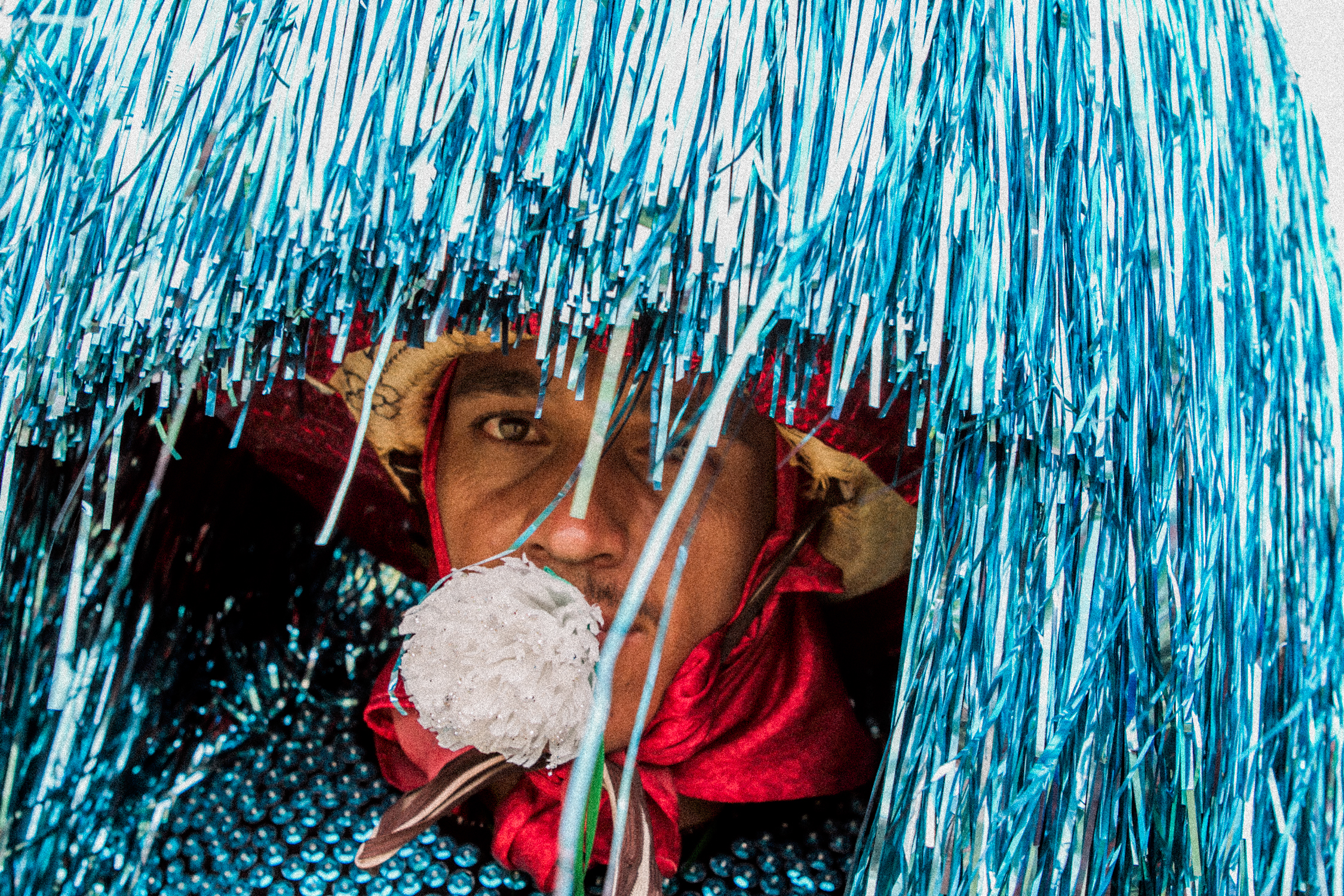
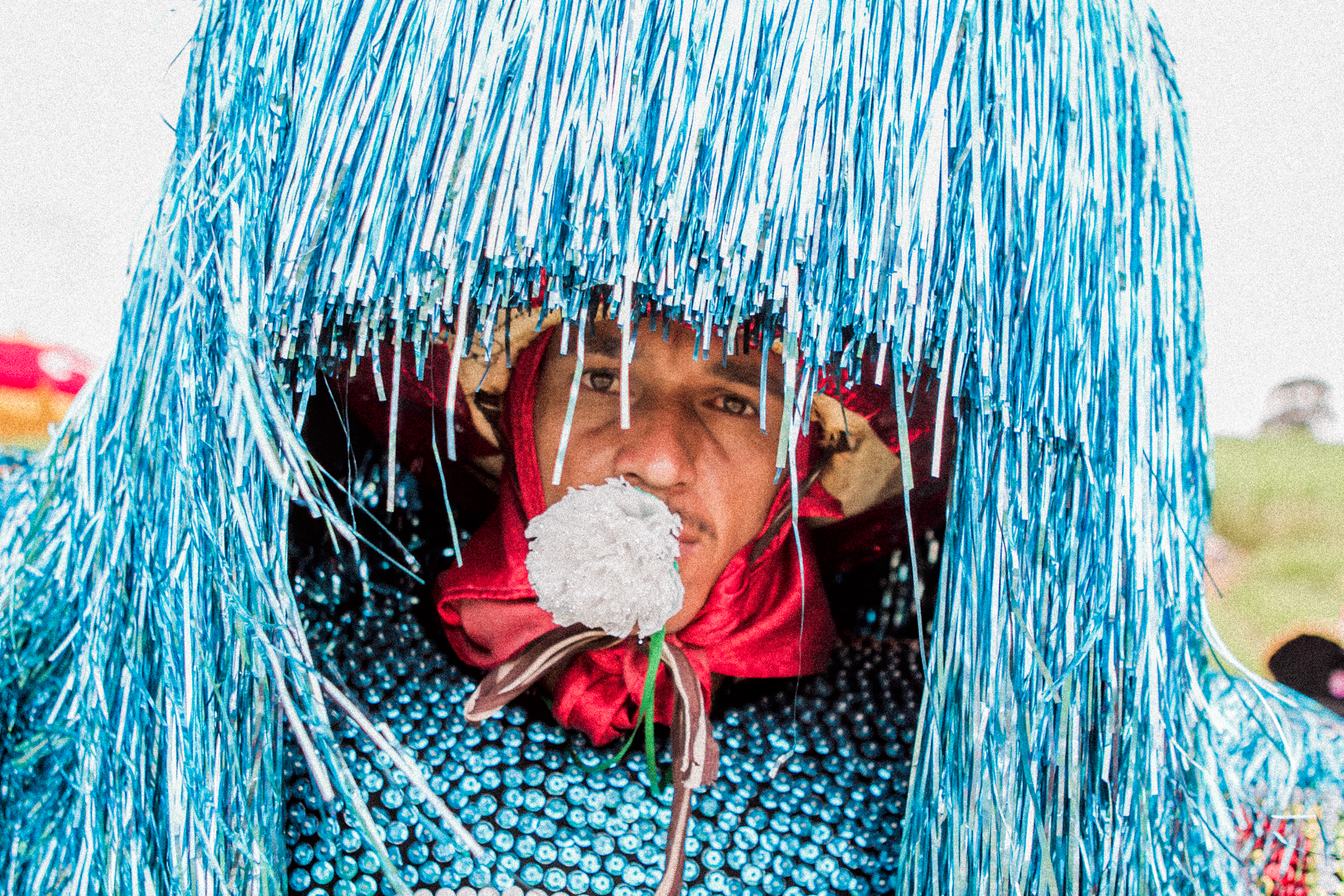
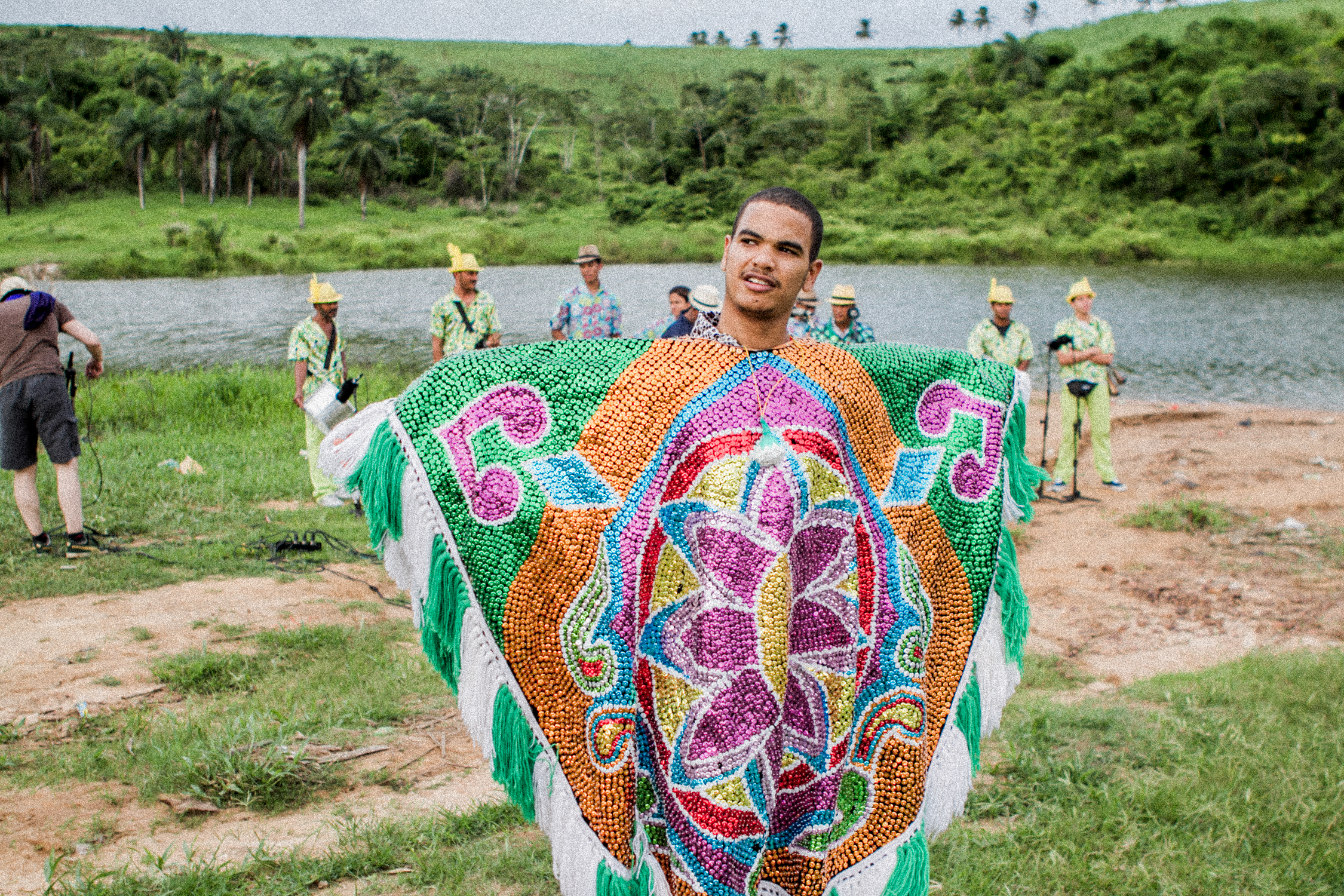
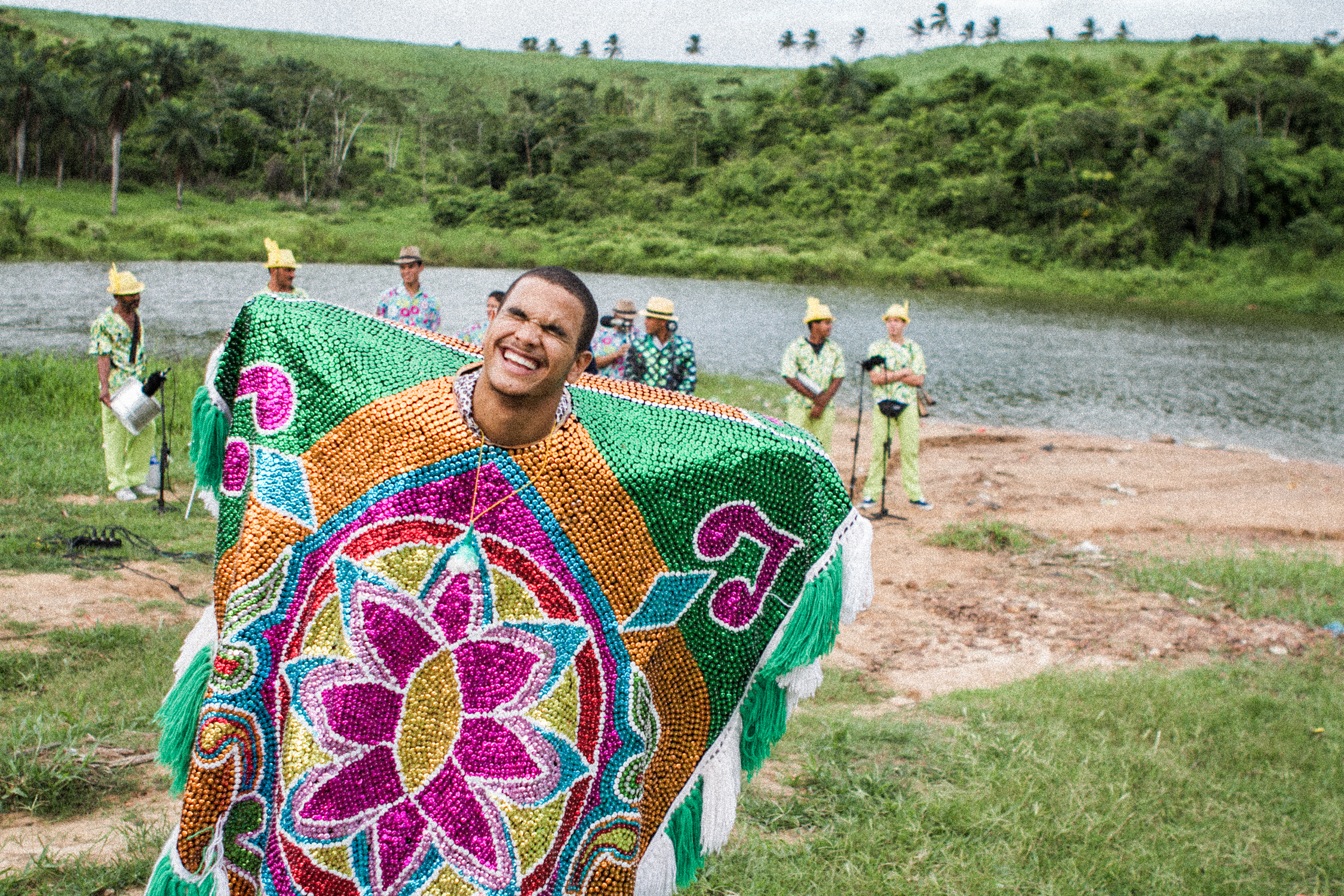
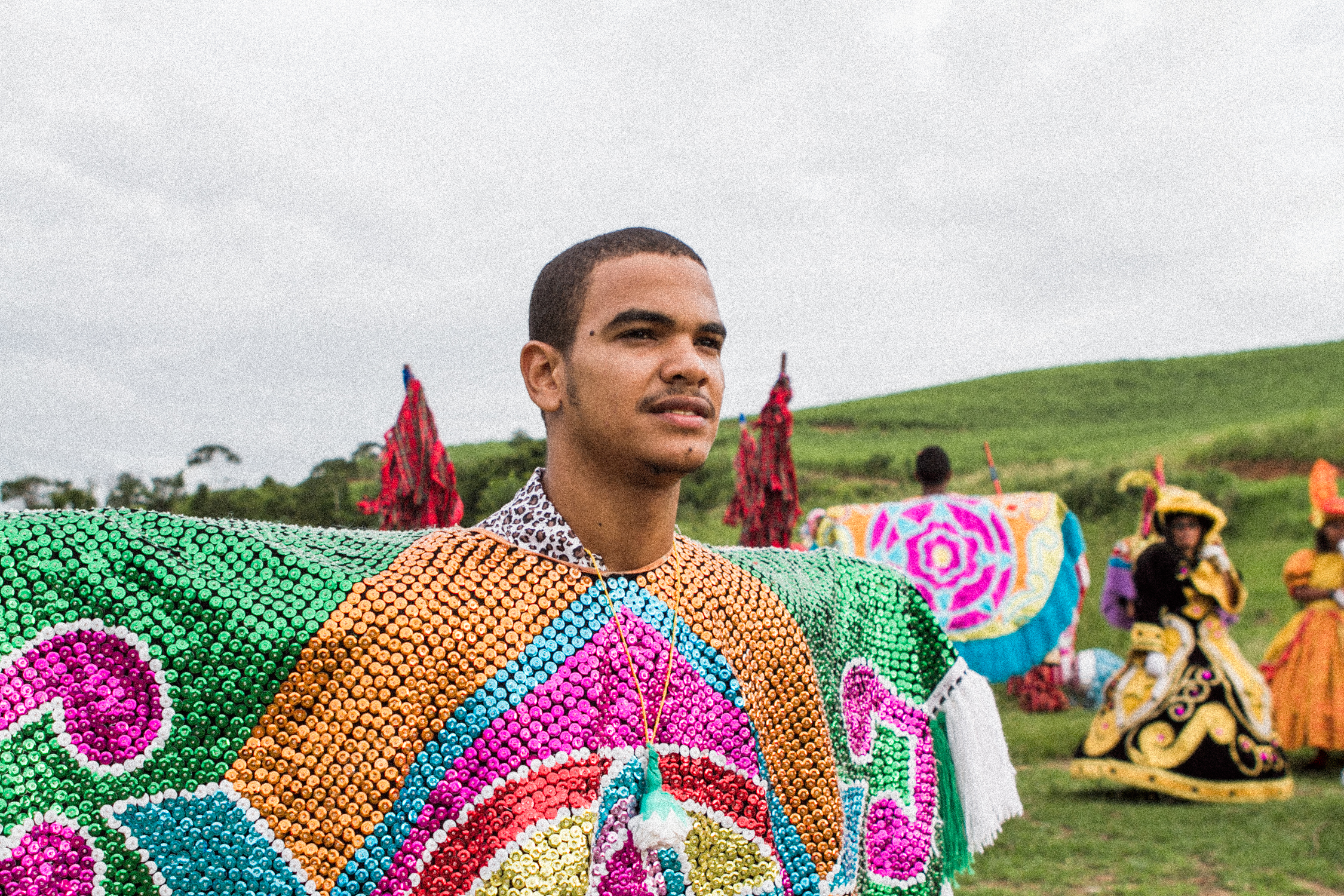
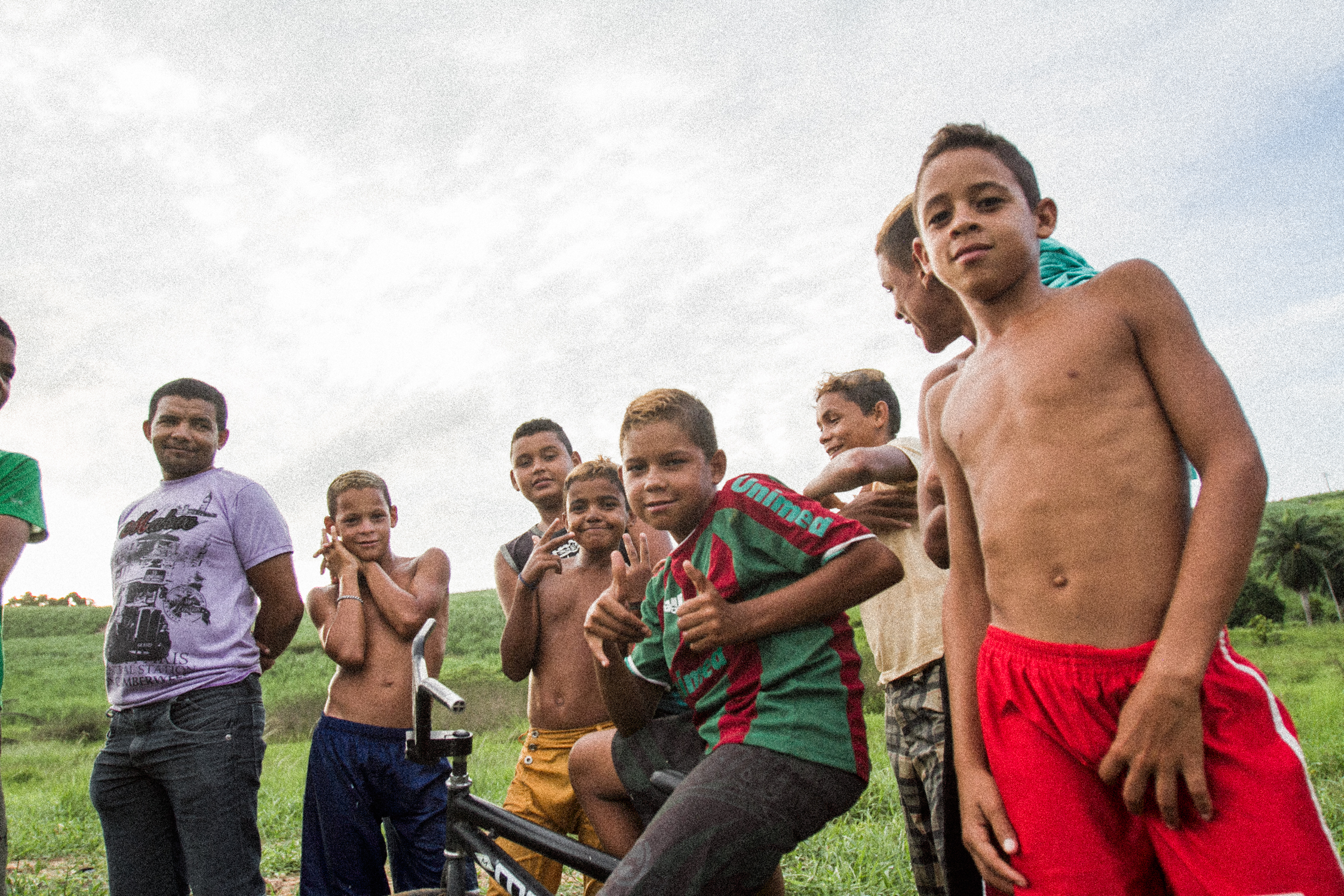
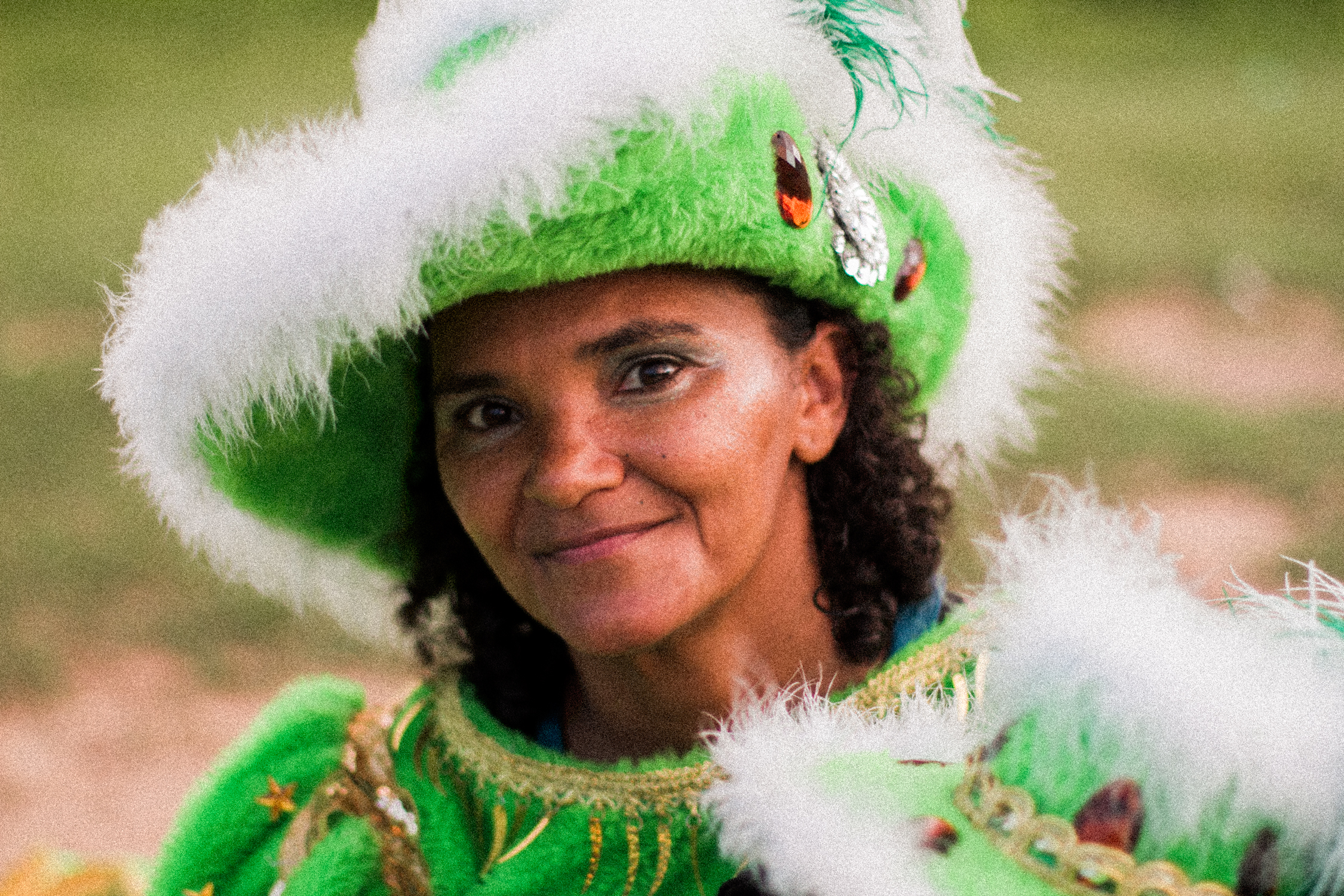
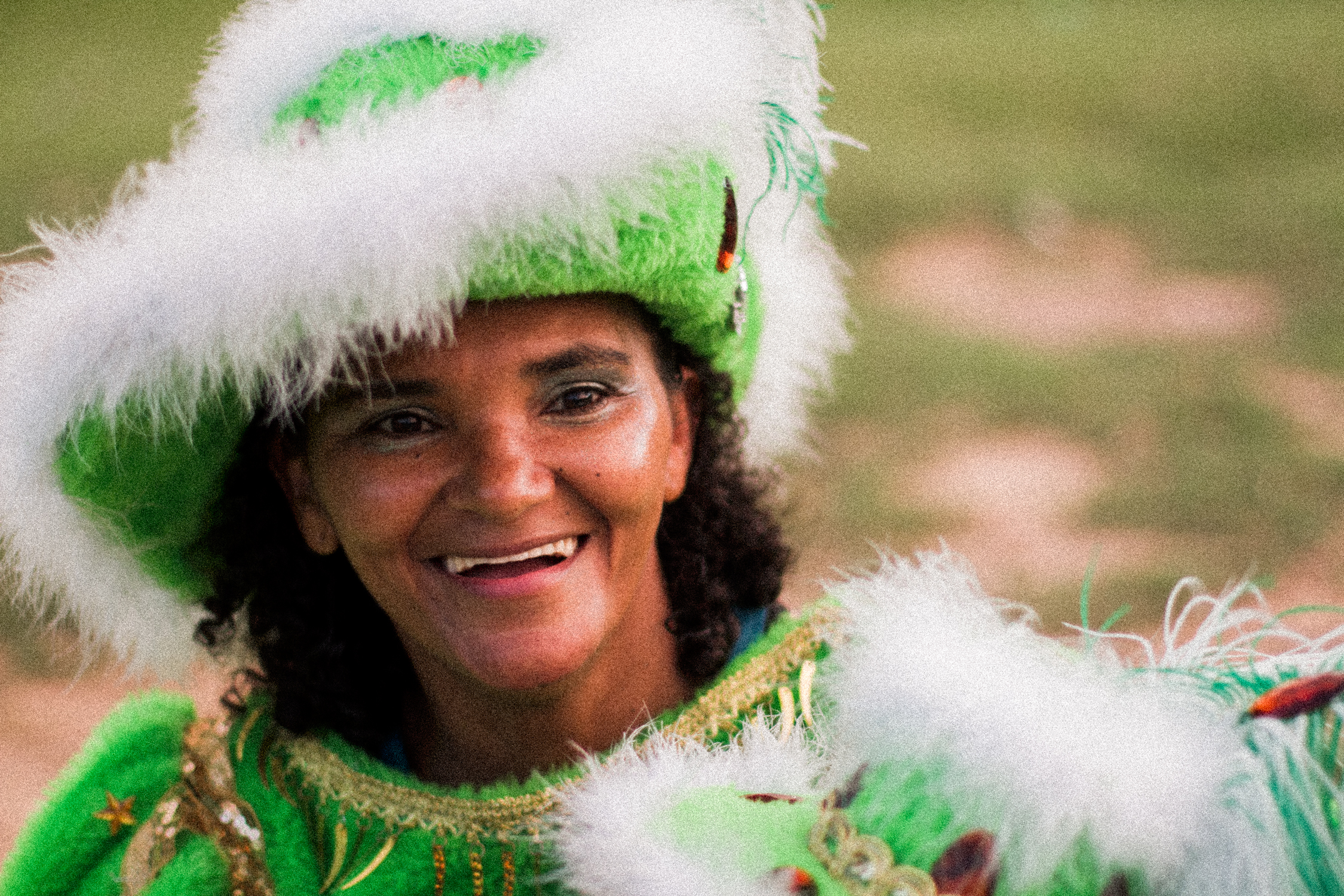
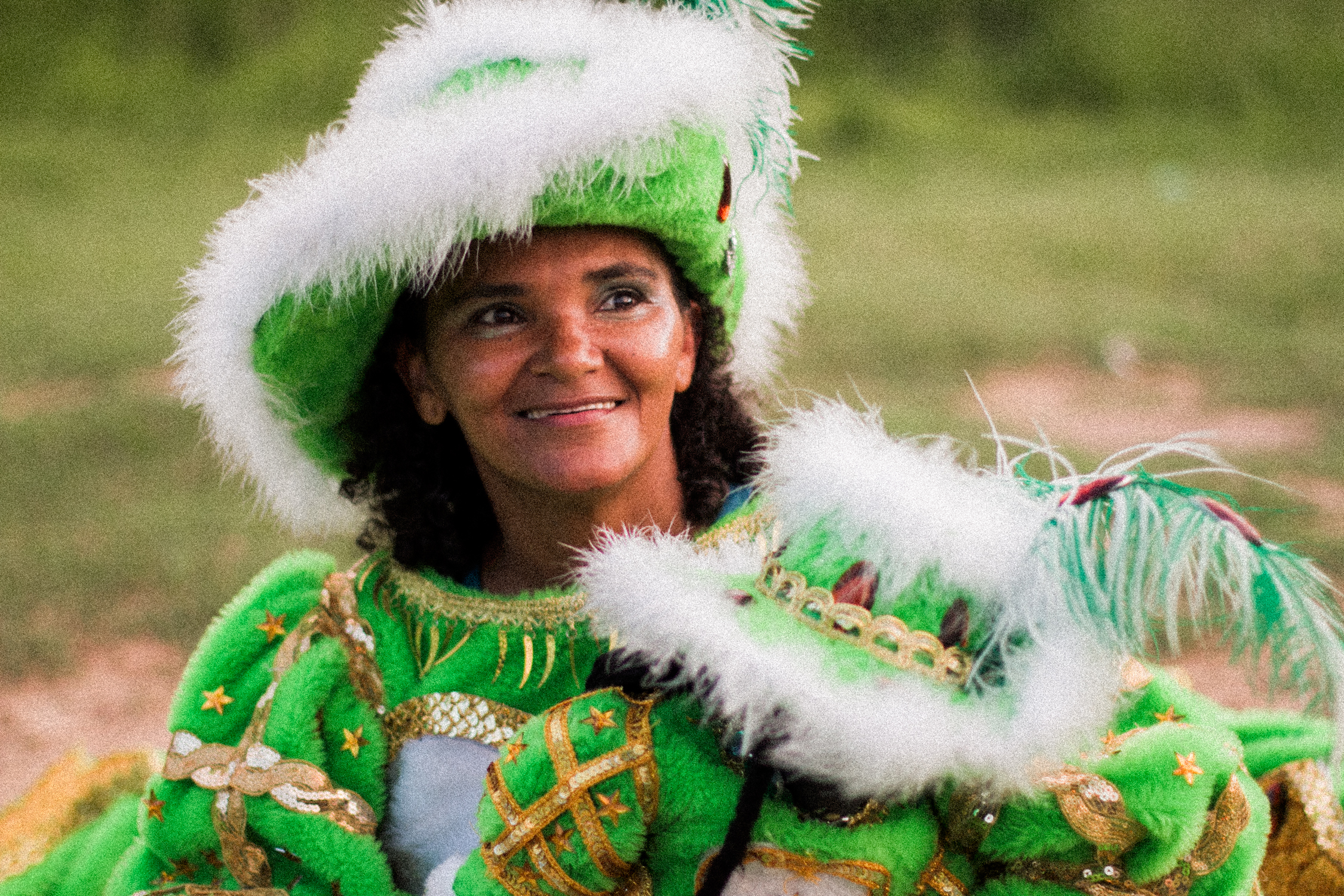
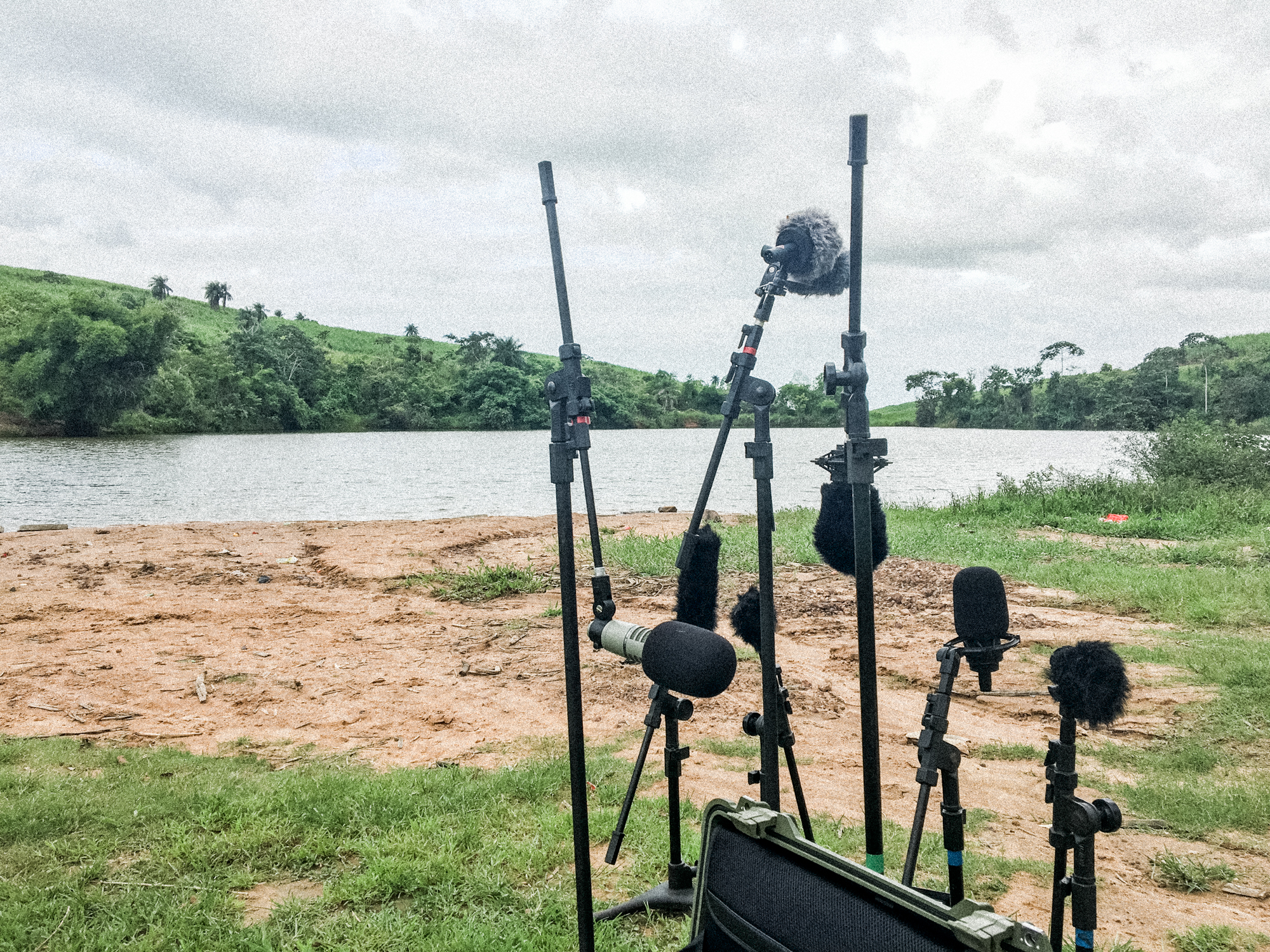
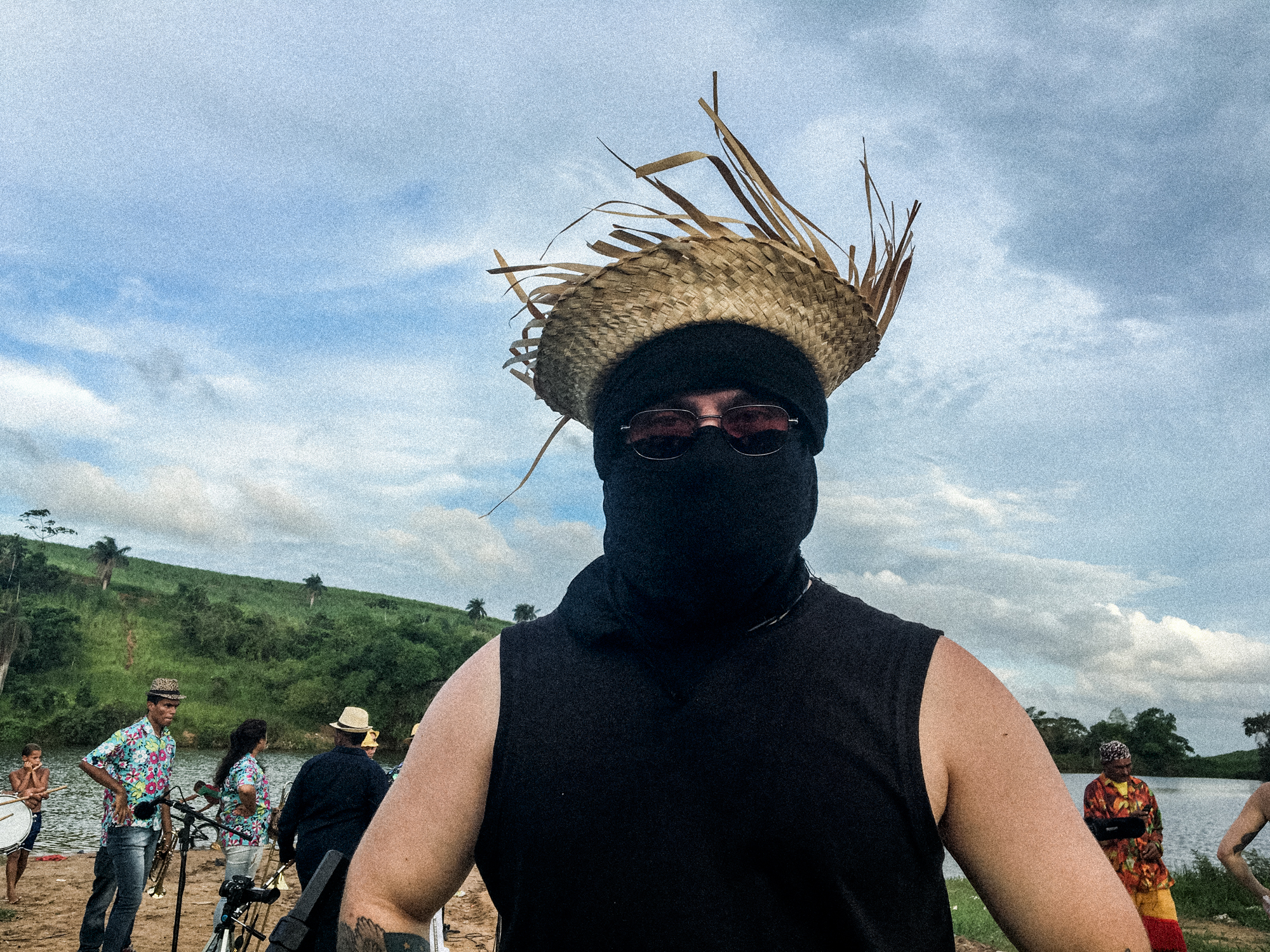
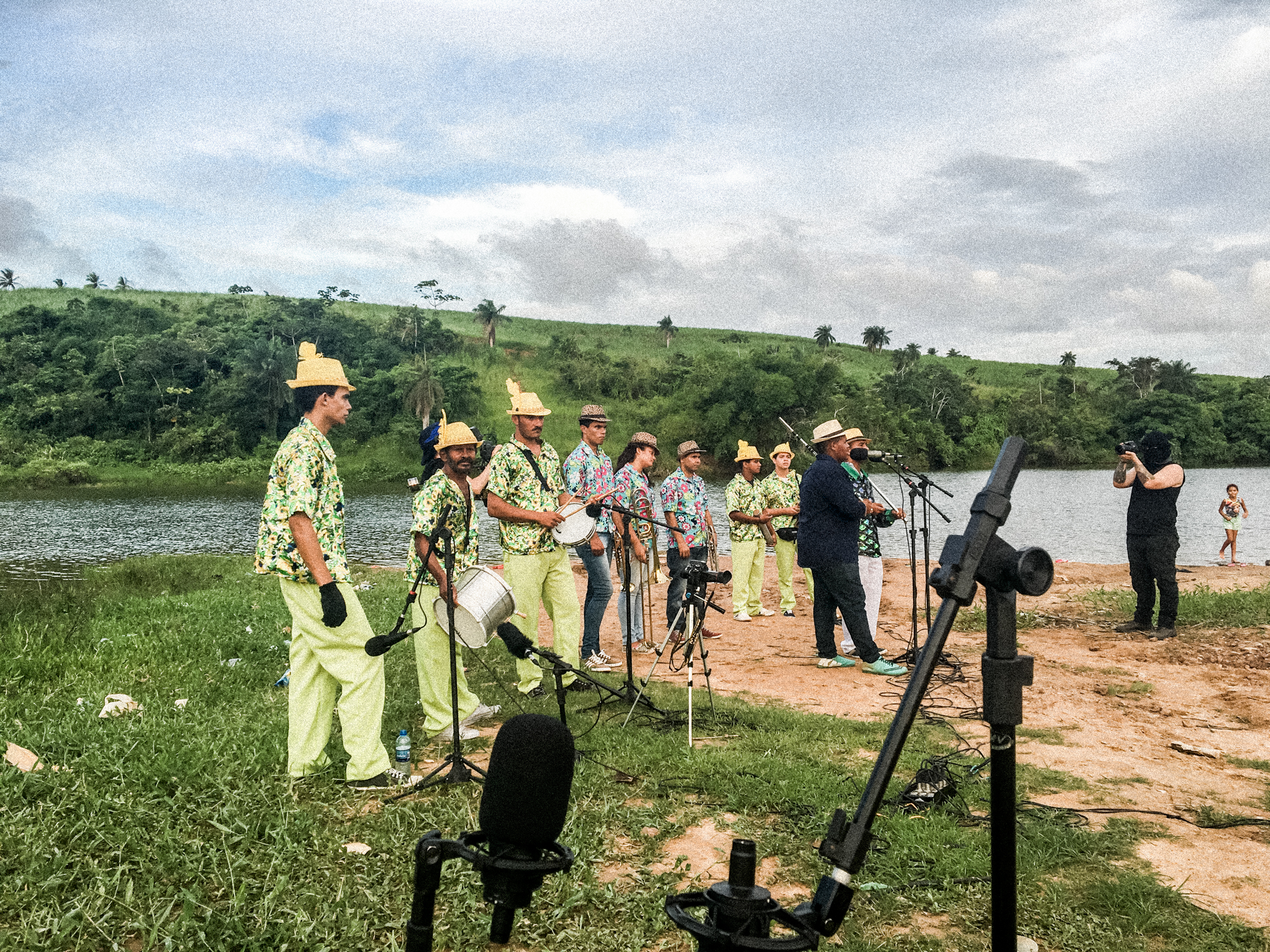
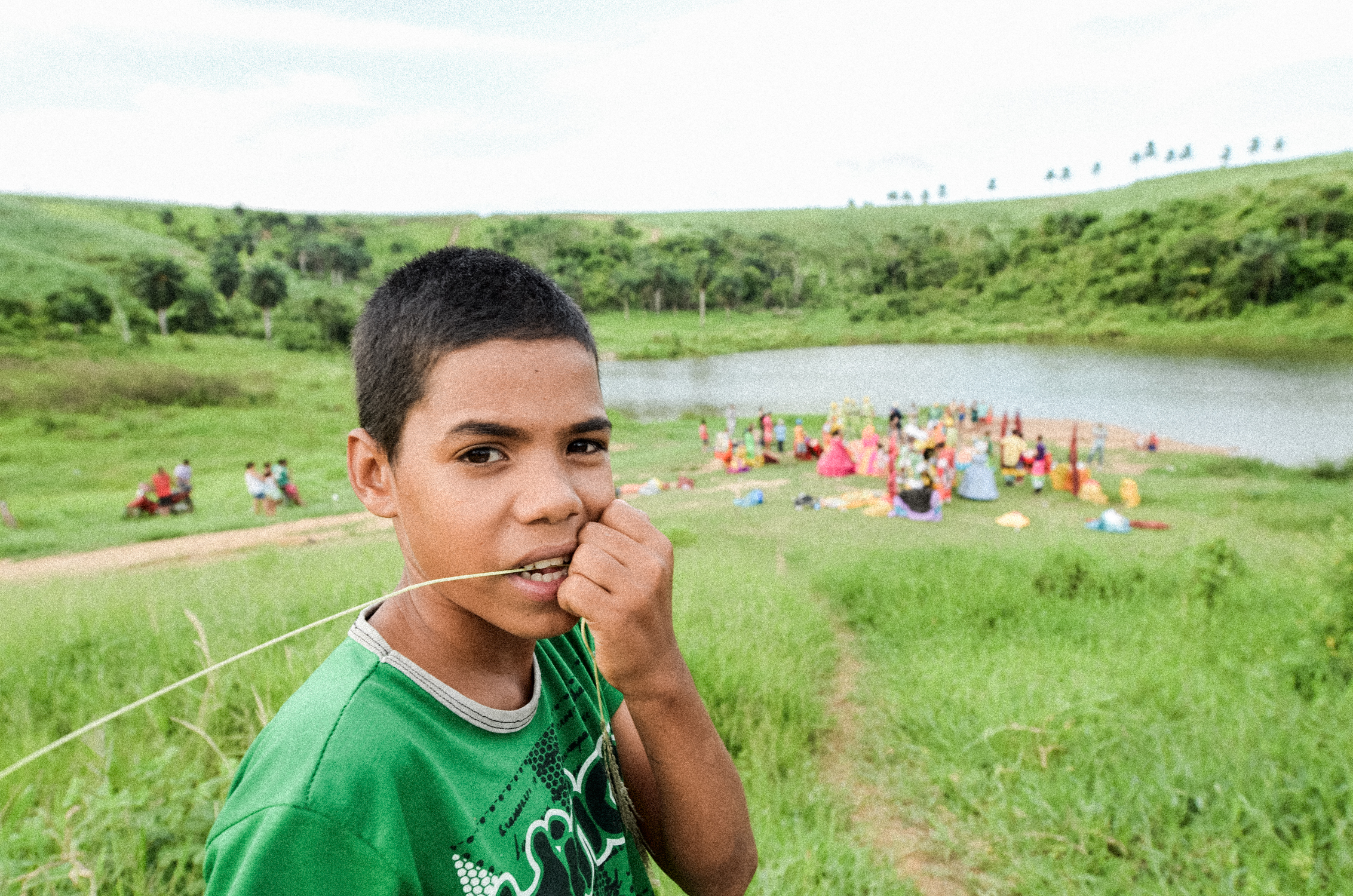
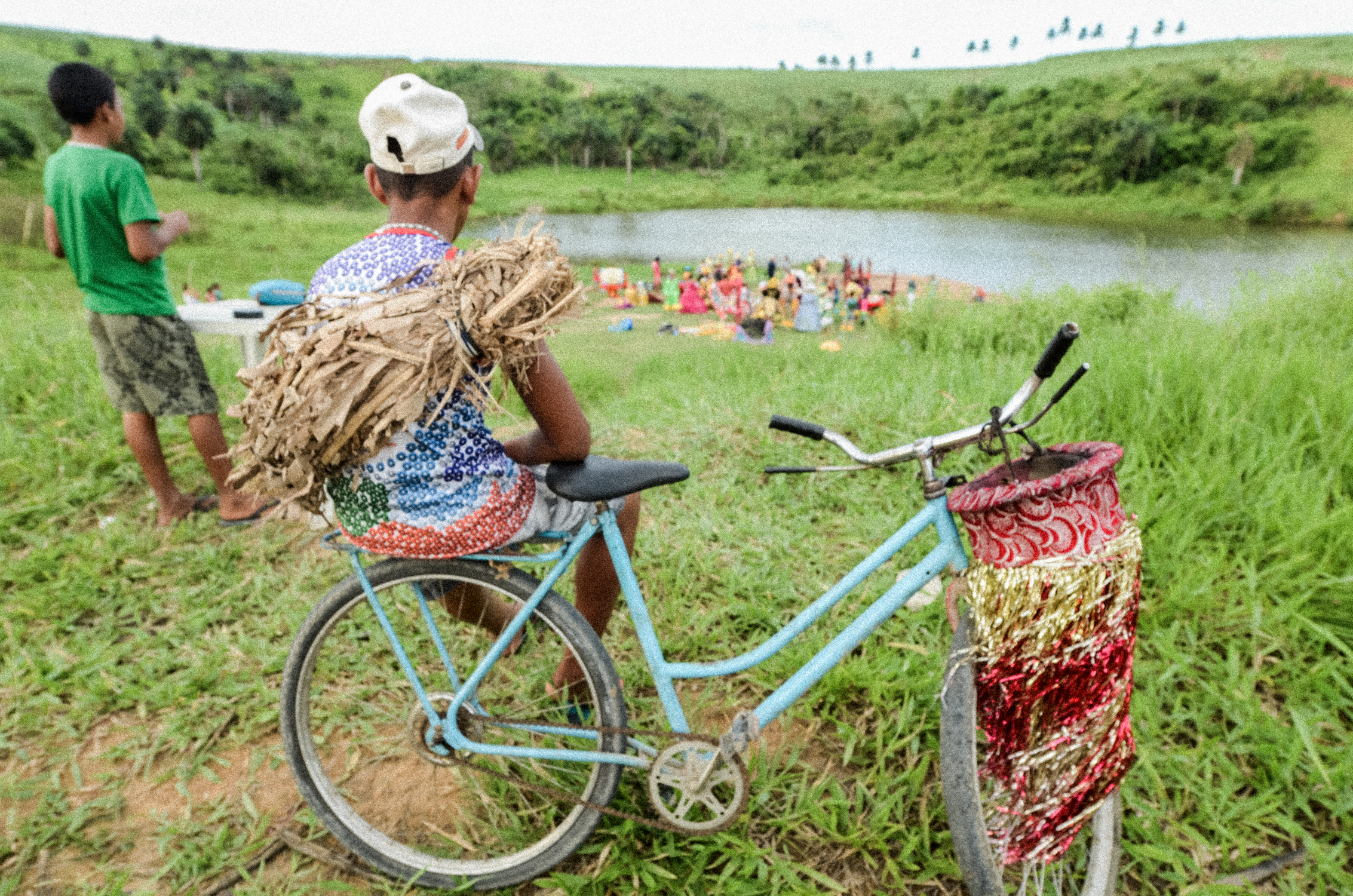
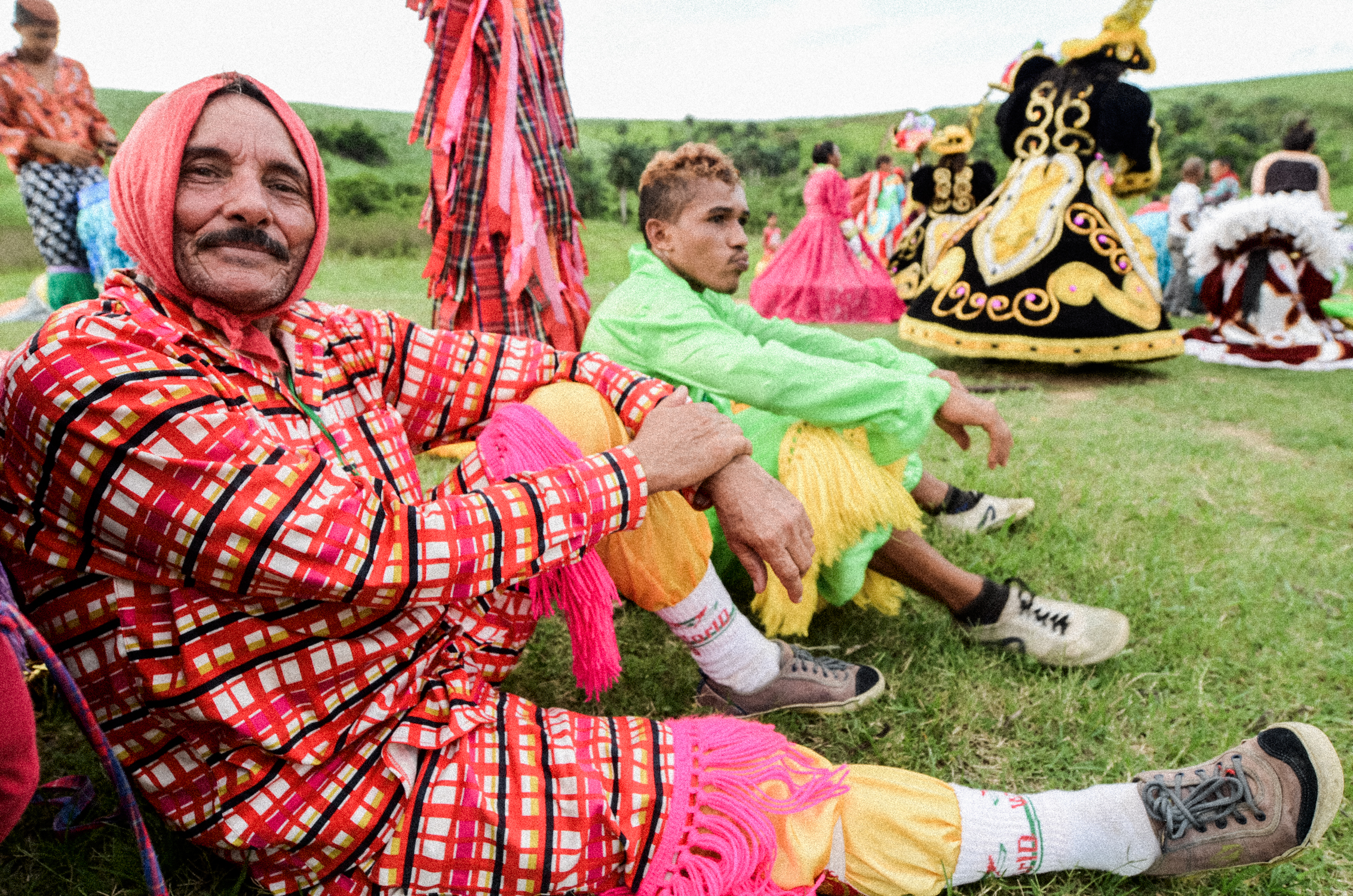
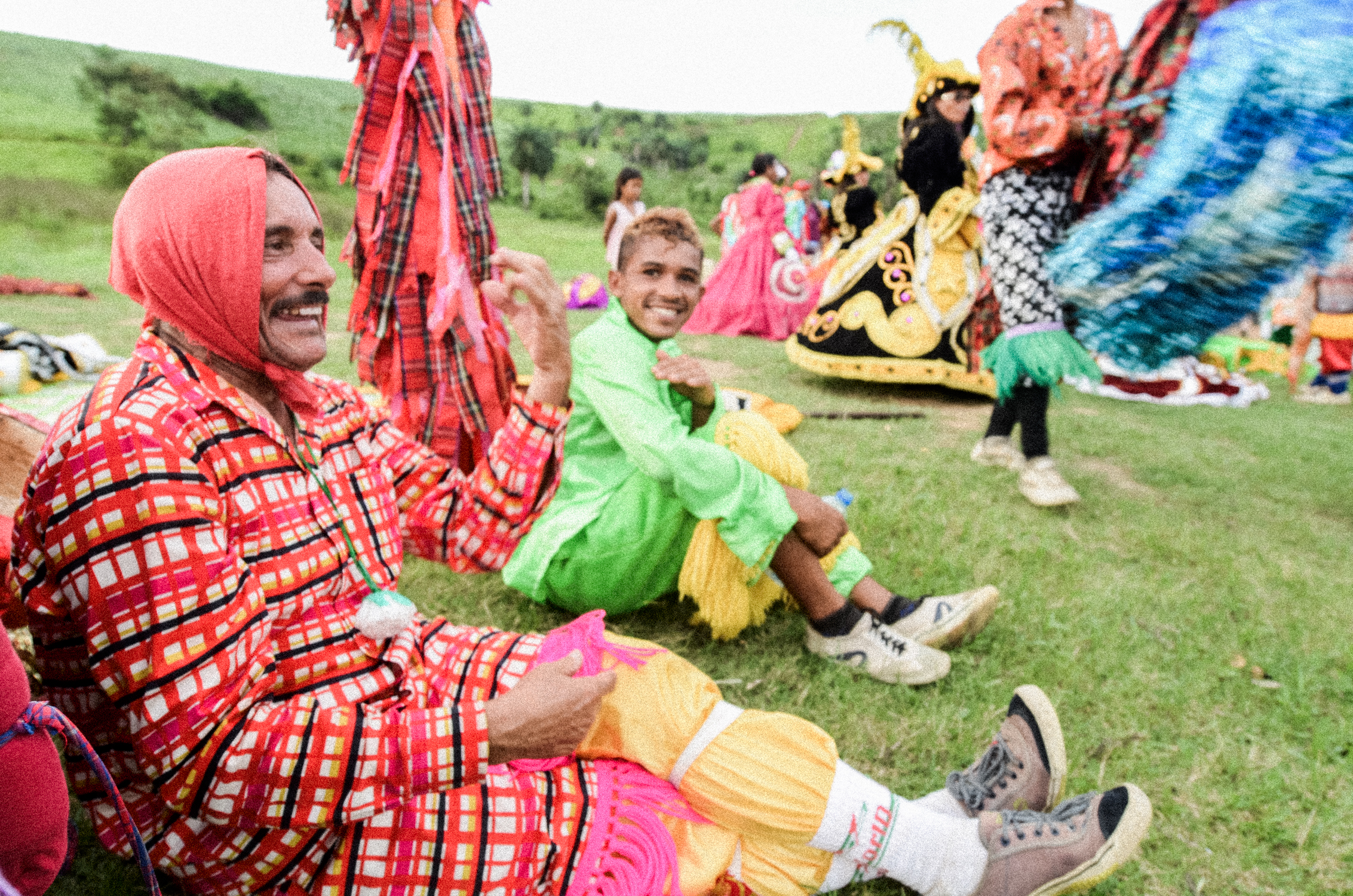
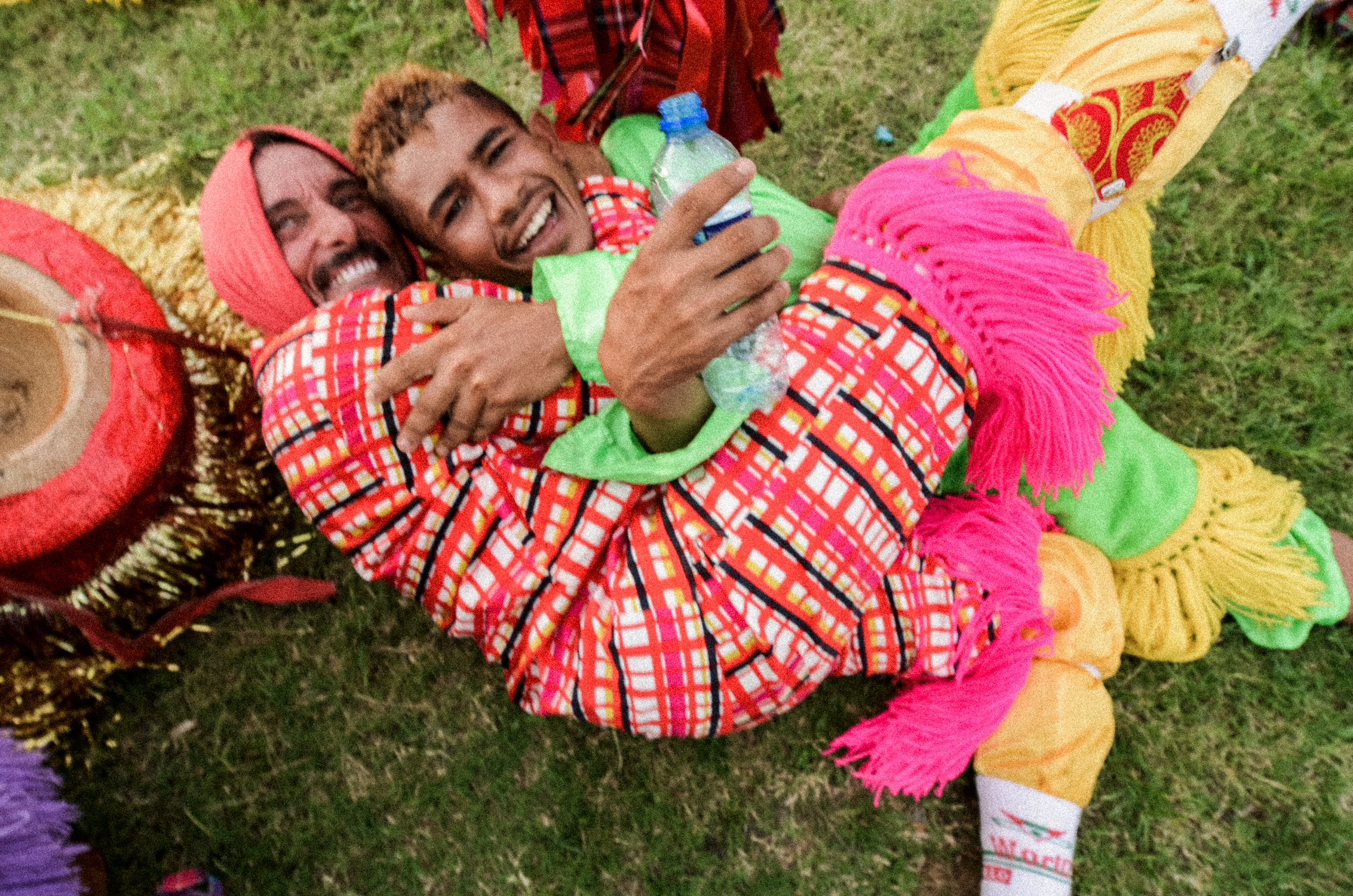
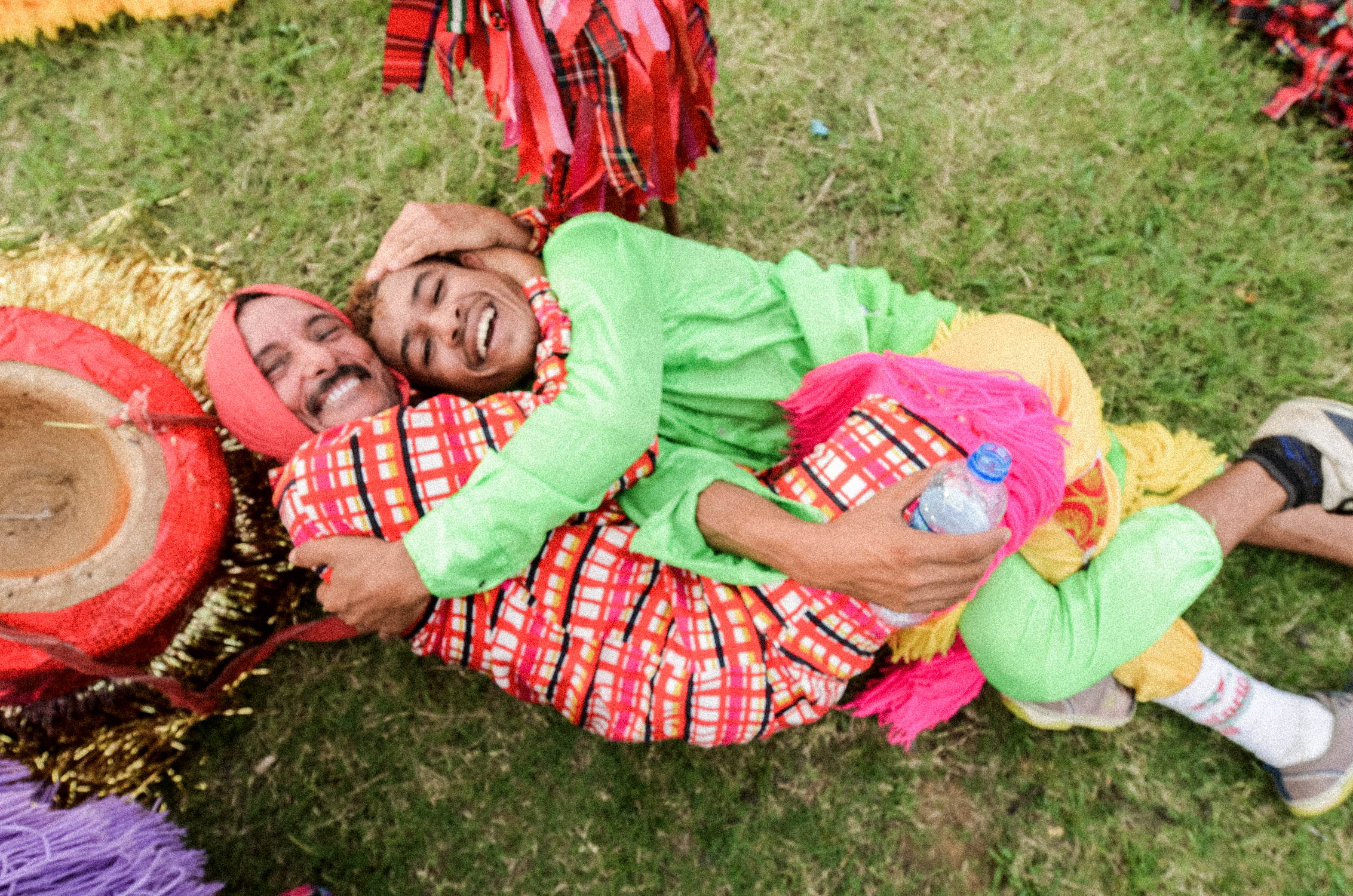
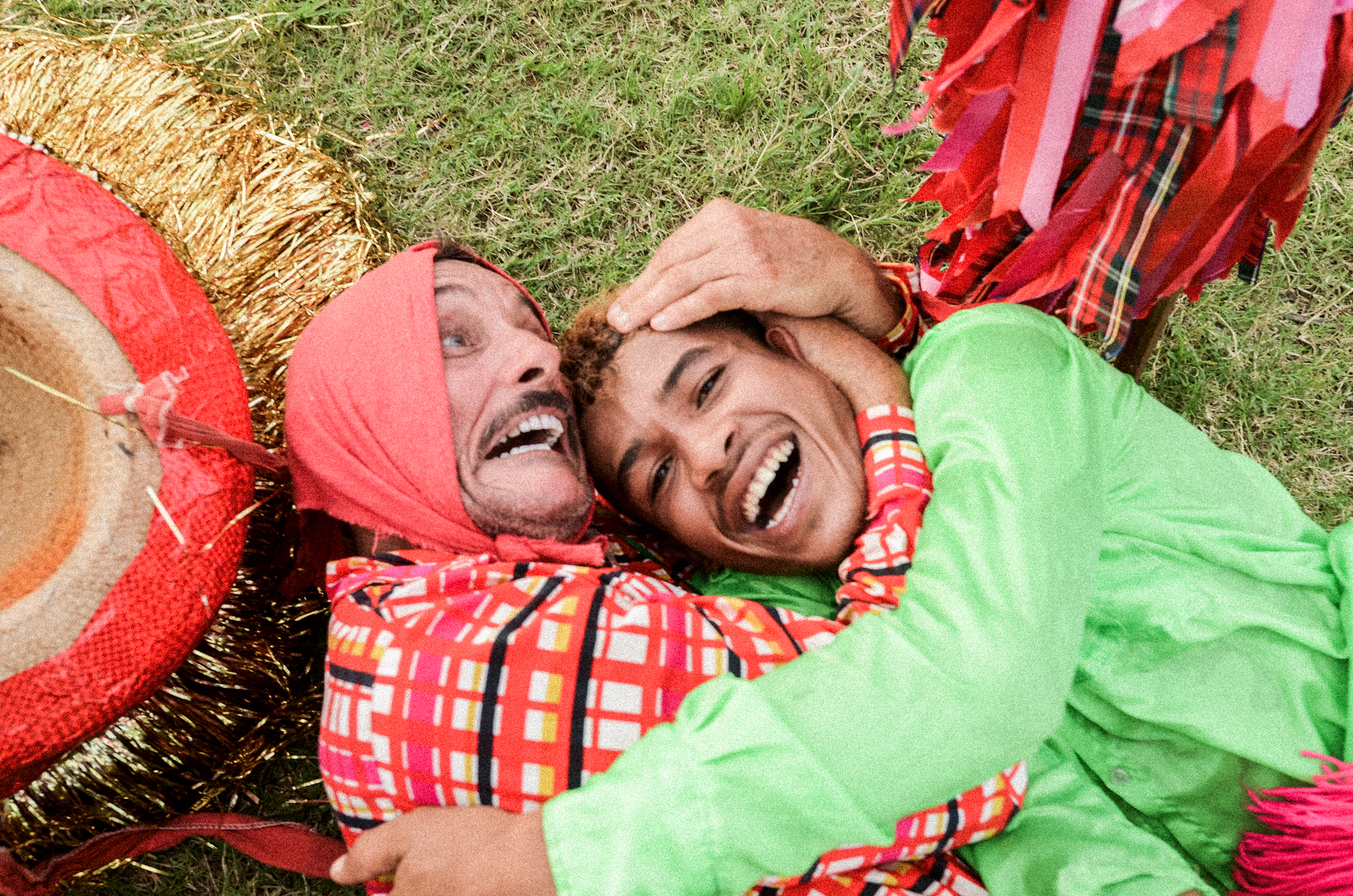
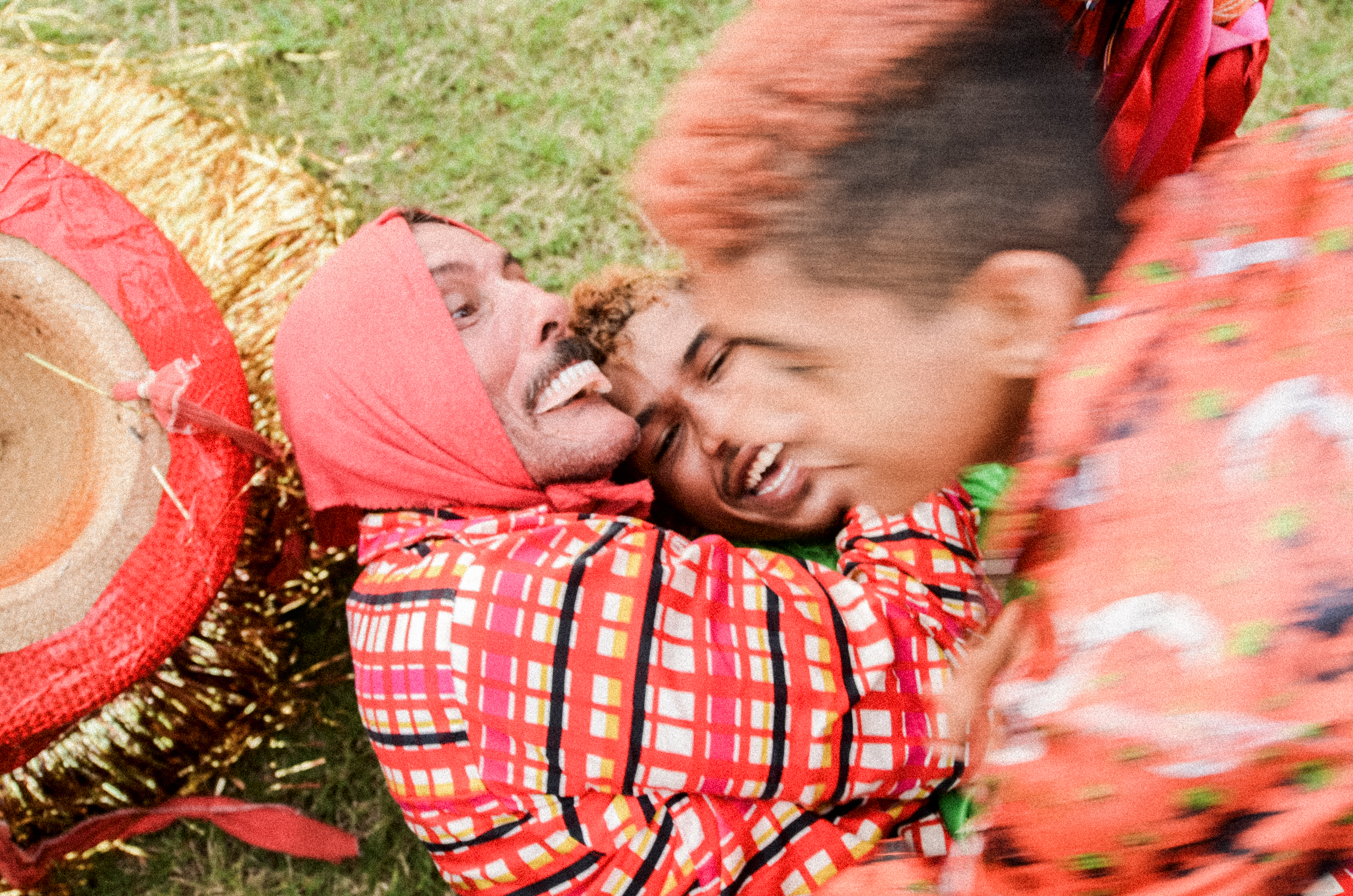
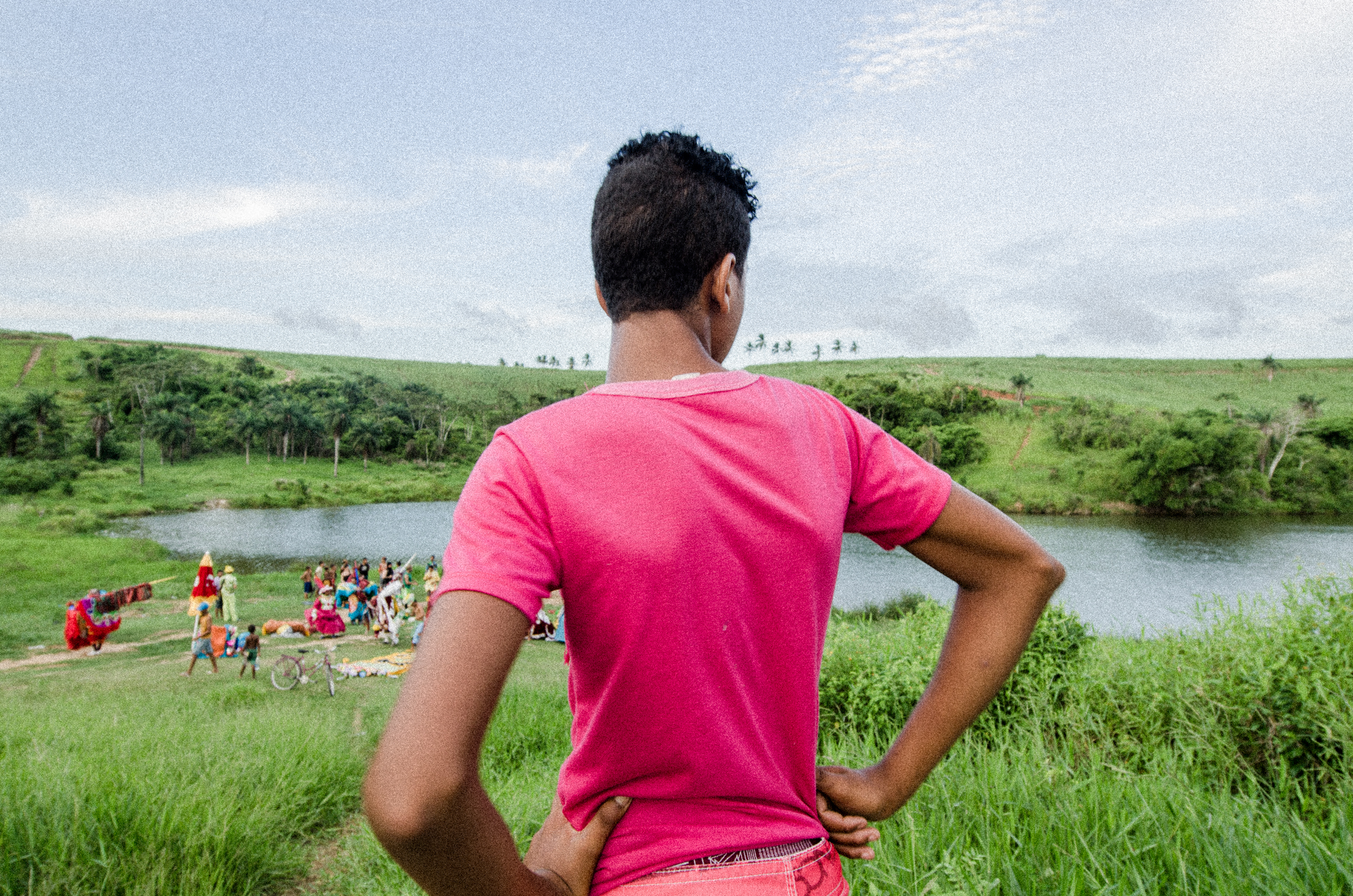
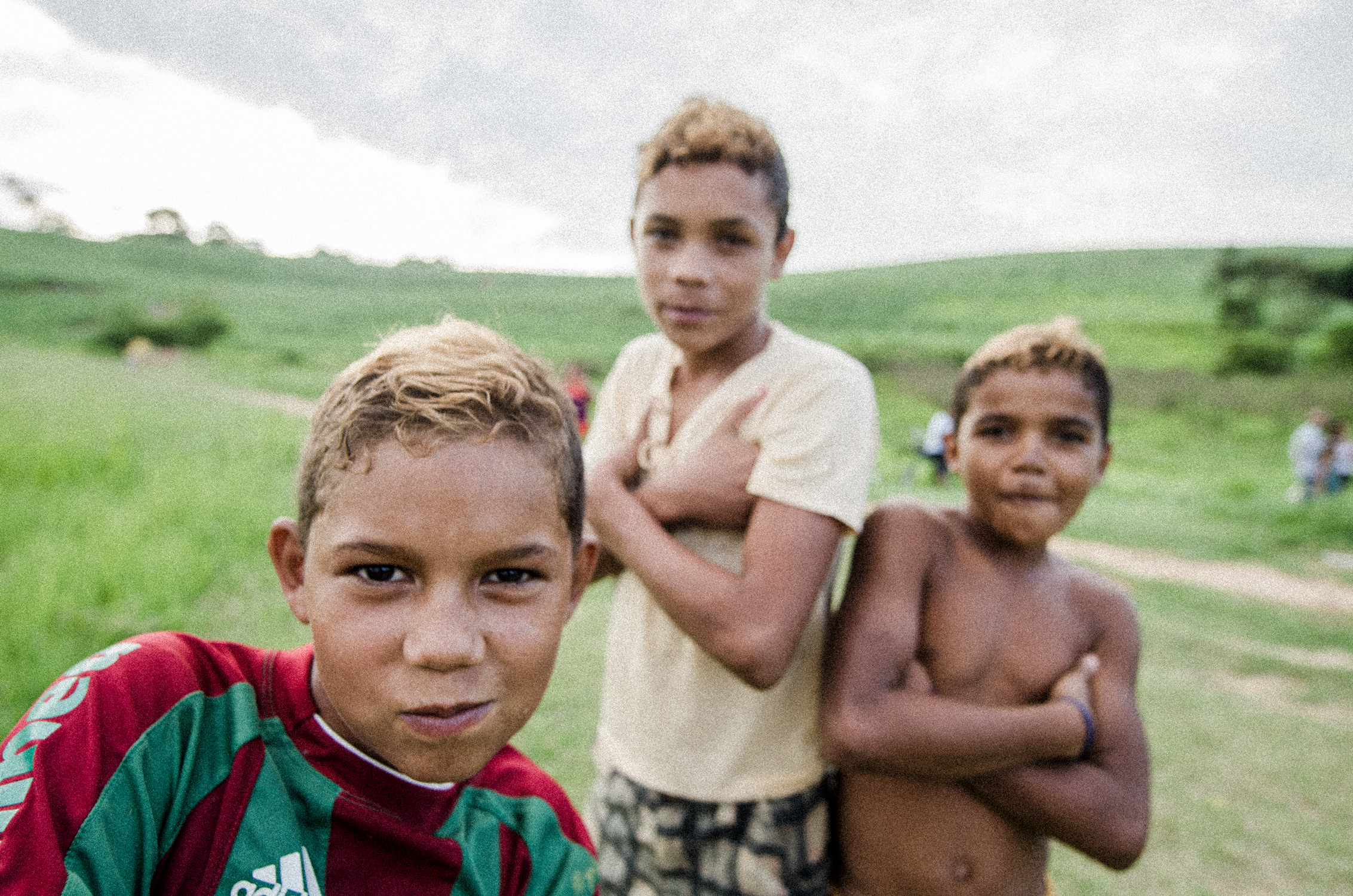
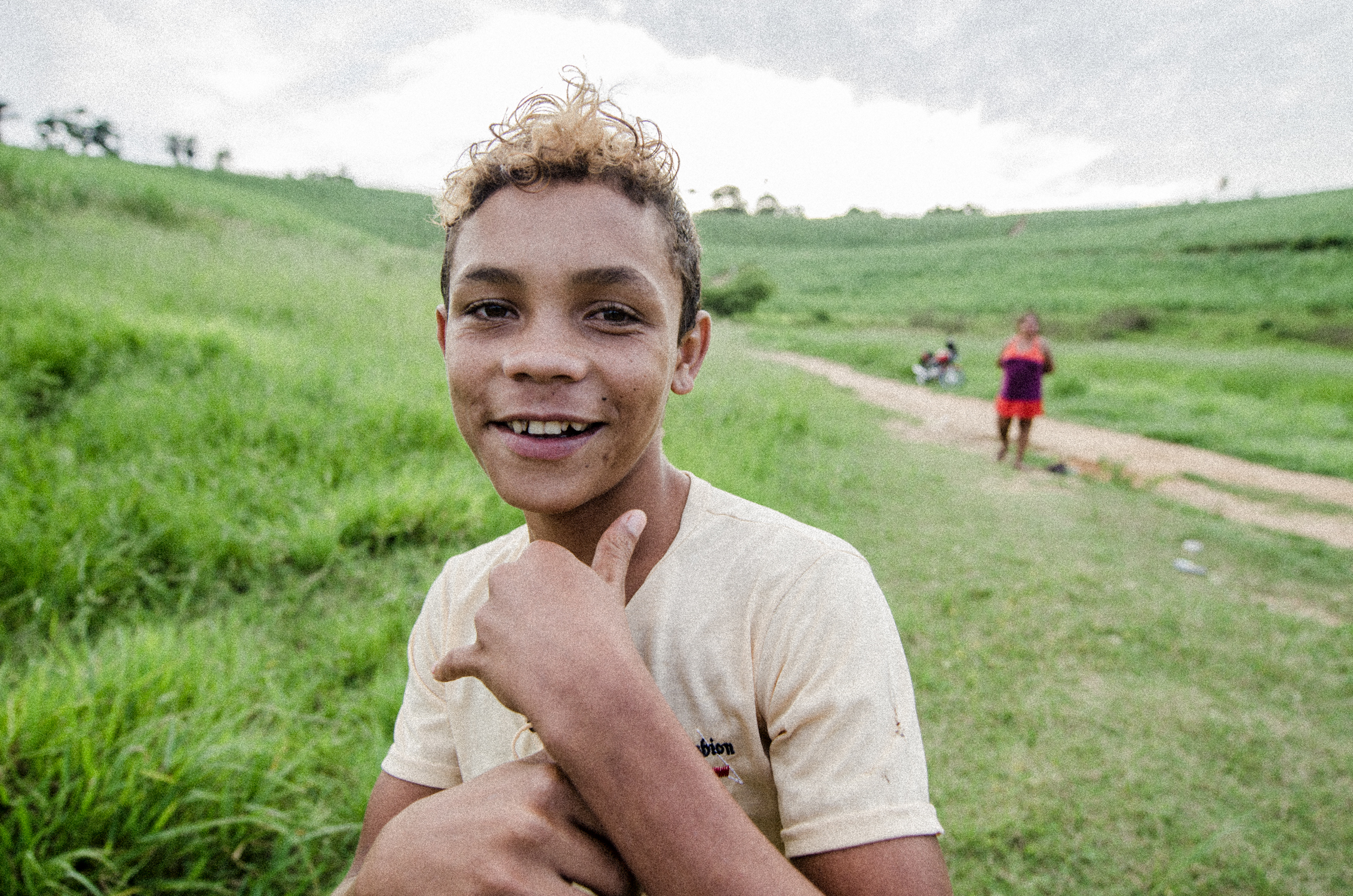
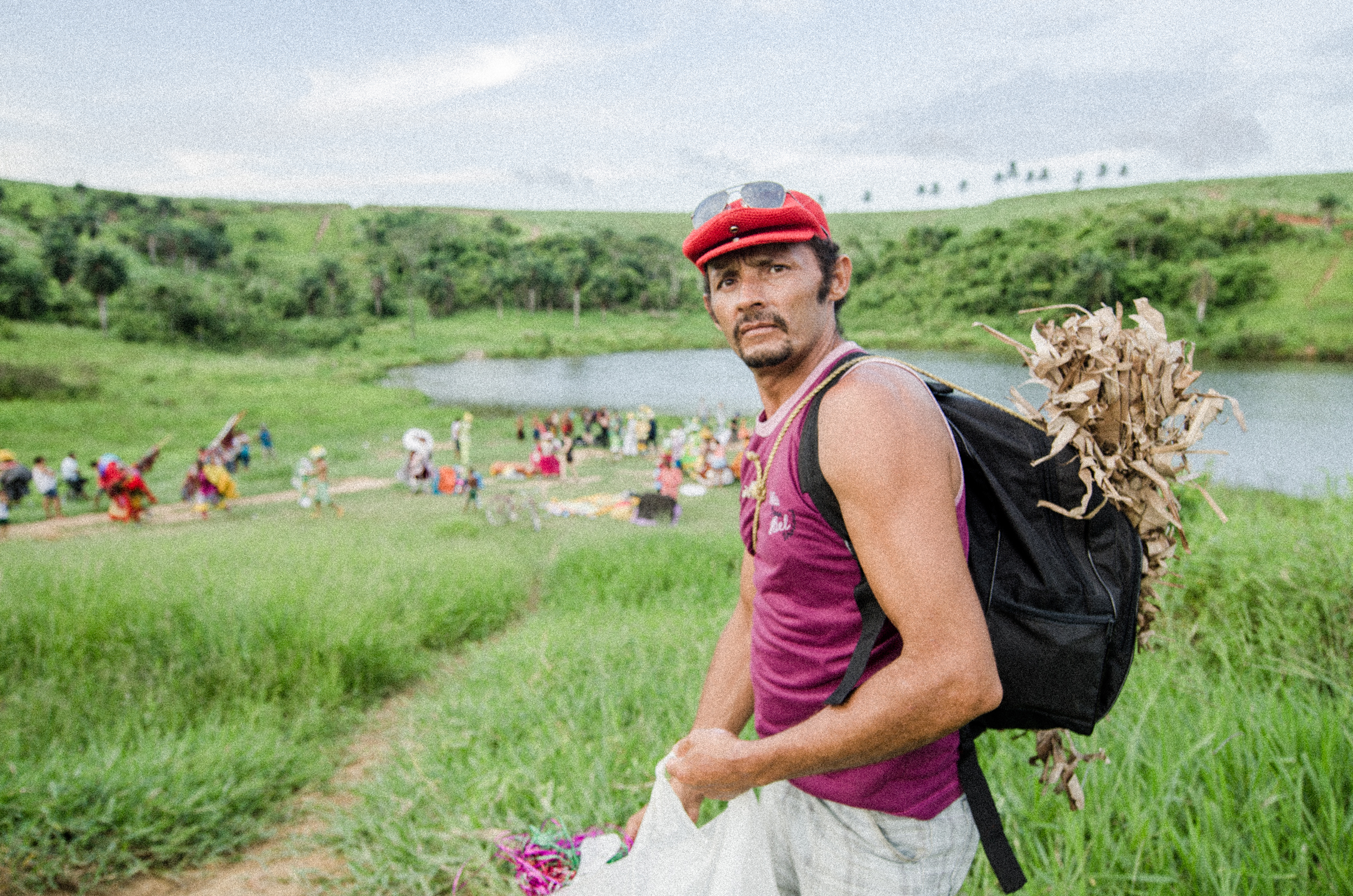
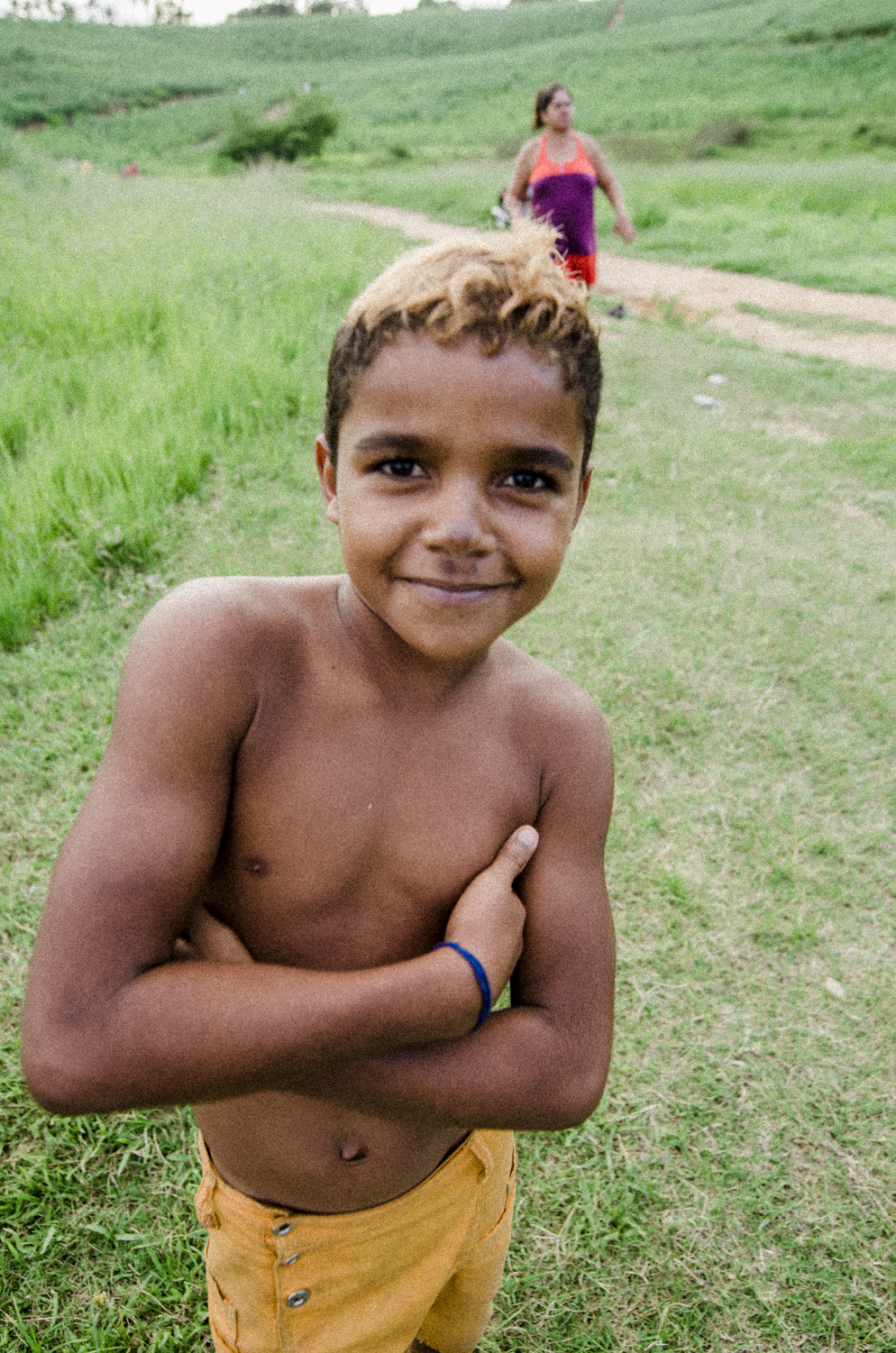
Upcoming Shows
















